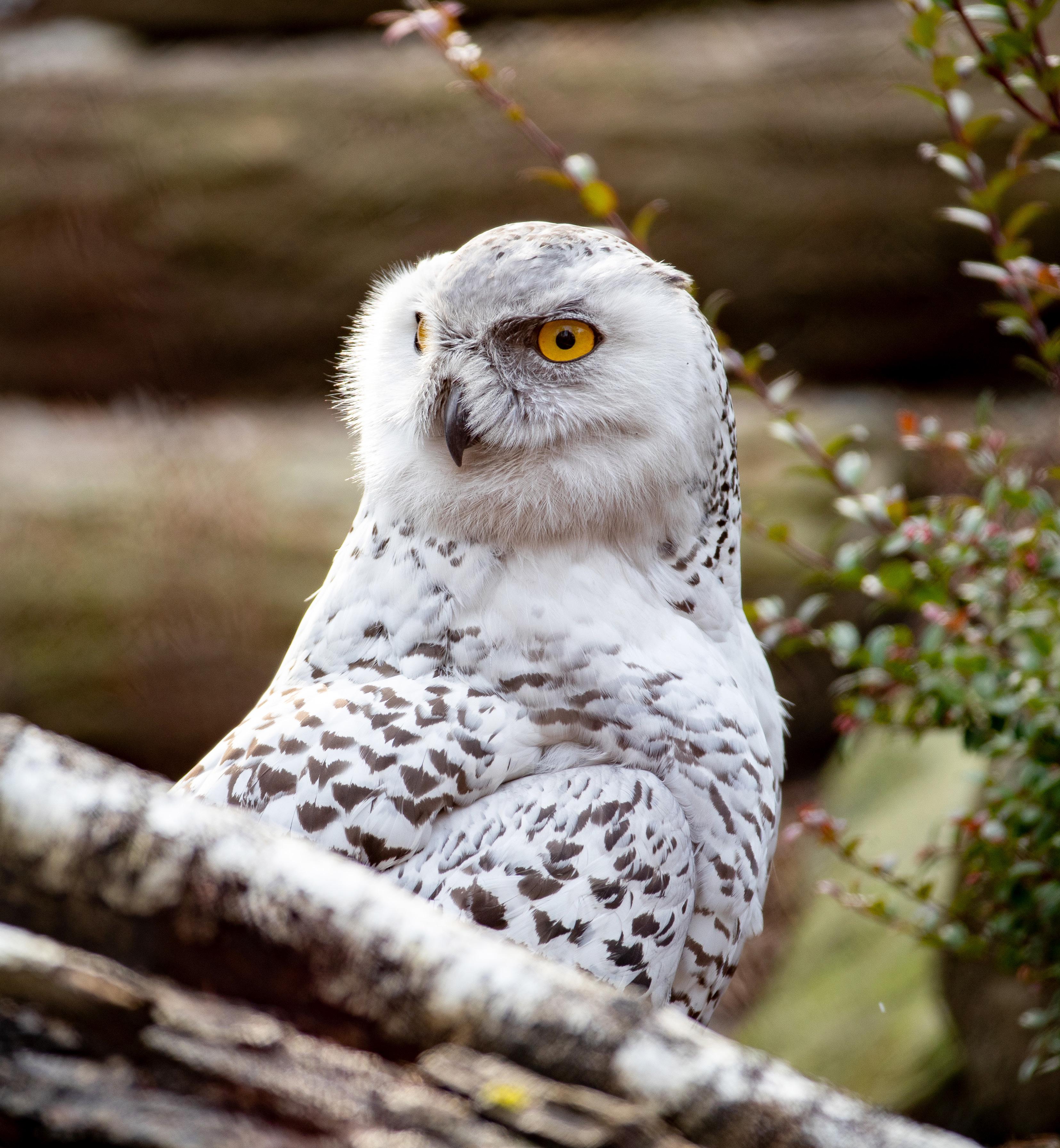FORESTS FOR ALL

2023 ANNUAL IMPACT REPORT



2023 ANNUAL IMPACT REPORT

These are the lands of the Tribal signatories of the Treaty of Point Elliott (1855), whose stewardship for the waters, plants, land and animal relatives in the Northwest has continued since time immemorial. Woodland Park Zoo acknowledges this stewardship, the sovereign rights of the Tribal signatories, and our responsibility to join with these Tribes to inspire and advance the restoration of relationships between humans and the living world around us.
gʷəɬ dibəɬ, ti dᶻixʷ ʔaciɬtalbixʷ, tiʔəʔ dəxʷƛ̕ubatəb ʔə ti tudᶻixʷqsčəɬ ti tliti ʔal bəkəltiu (1855). sgʷaʔčəɬ swatixʷtədčəɬ. ləcutix̌dub ʔə ti dᶻixʷ ʔaciɬtalbixʷ tul̕ʔal tudiʔ tudᶻixʷ pədtab ti swatixʷtəd ʔi ti swətixʷtəd, ti qʷuʔ ʔi ti x̌ʷəlč, ti tatačulbixʷ ʔi ti titčulbixʷ. suxʷtəb ʔə ti Woodland Park Zoo tiʔəʔ cədiɬ ləcustix̌dxʷ ʔə ti dᶻixʷ ʔaciɬtalbixʷ ʔi ti sgʷaʔs šəɬx̌əčəbs dxʷʔal ck̓ʷaqid. huy, ʔuyayus ti Woodland Park Zoo ʔəsq̓ʷuʔ ʔə ti dᶻixʷ ʔaciɬtalbixʷ dxʷʔal kʷi ɬubəshəliʔtxʷs ti swatixʷtəd ʔi ti bək̓ʷ ʔucəɬdalb ʔal ti swatixʷtəd, ʔal ti qʷuʔ ʔi ti x̌ʷəlč, ʔal ti šqulgʷədxʷ. ti Woodland Park Zoo gʷəl ʔabyid ti tatačulbixʷ ʔi ti titčulbixʷ ʔə kʷi shəliʔ. ʔəsx̌aƛ̕tub ʔə ti Woodland Park Zoo gʷəp̓aʔcutəs kʷi bək̓ʷ gʷat dxʷʔal kʷi skʷaxʷads tiʔəʔ q̓ič syayus.

Let’s protect forests together! With your partnership, we are activating a conservation revolution for a more sustainable future for animals and people through our Forests for All campaign. This historic campaign will protect, restore, and sustain forests locally in our Northwest home and globally to create a future where forest ecosystems and human communities support each other.
I am very proud of Woodland Park Zoo’s accomplishments in 2023 and am equally motivated by what we are yet to accomplish through our four campaign initiatives: We Are Living Northwest, Our Urban Forest, Forests for All and Old Growth Forests.
Starting in our forested Northwest, we are encouraging people embracing the #IAmLivingNorthwest spirit to discover, recover and coexist with wildlife. As we advocate to the nation’s leaders for expanded protections to aid in the recovery of Washington’s native western pond turtles, wolverines and grizzly bears, we celebrate these species here. Thanks to our generous campaign donors, our community can now discover a few of these iconic species including western pond turtles and rescued brown bears, Juniper and Fern, in our new Living Northwest Trail.
Beyond our Living Northwest Trail, visitors to our 92-acre Urban Forest explored our immersive animal habitats and new additions to our animal family including two maned wolves, Rosario and Urso. Thousands of guests visit for low to no cost through our efforts to create an accessible zoo that has served as a multi-generational anchor in our community since 1899.
Looking ahead, your contributions will continue to advance deep connections among people and animals throughout our forested grounds and our global work through the signature Forests for All initiative. Opening in 2026, our new Forest Trailhead exhibit will invite guests to explore at eye-level tree kangaroos, red pandas, keas and forest reptiles, amphibians and invertebrates. Guests will also learn how our daily choices can help protect forests and engage with successful conservation efforts like our Tree Kangaroo Conservation Program which has been working with communities in Papua New Guinea to protect the endangered Matschie’s tree kangaroos and their cloud forest home for more than 25 years. The Old Growth Forests initiative will build resiliency and sustainability for such efforts through the zoo’s endowment.
Nature relies on us, and the future of wildlife and wild places is all in human hands. Because of you and the myriad of ways you help our zoo change the world daily, I am optimistic for how our zoo will help propel people-powered change towards a more sustainable world for all species. Thank you. Please explore this report and all you have made possible.
Sincerely,

Alejandro Grajal, President and CEO
2024 BOARD OF DIRECTORS OFFICERS
Anders Brown, Chair
Irwin Goverman, Vice Chair
Katie Matison, Secretary
Mike Ronan, Treasurer
DIRECTORS
Linda Allen
Vikram Baskaran
Christi Beckley
Andy Bench
Dori Borjesson
Stacey Campbell
Kristi Dansereau
Adjua Dupree
Jeni Elam
Angela Griffin
Rosemarie Havranek
Marlon Herrera
Cathy Herzig
Holly Hirai
Jonathan Kil
Jeanne Kohl-Welles
Jackie Kopson
Jeff Leppo
Shelley McKinley
Lian Neeman
Larry Phillips
Robert Plotnick
Nate Porter
Dave Raney
Sue Roberts
Kyle Rolfe
Michael Ronan
Diane Shrewsbury
Sandy Stelling
Effie Toshav
Justin Umagat
Alison Winfield
Joe Woods
Ex officio
Jorge Barón
AP Diaz
Alejandro Grajal
Joy Hollingsworth
We are creating an accessible and sustainable zoo in our 92-acre urban forest with world class animal care, immersive exhibits and conservation leadership. Here we provide an unforgettable zoo experience for our community and help our visitors feel connected to nature and wildlife.


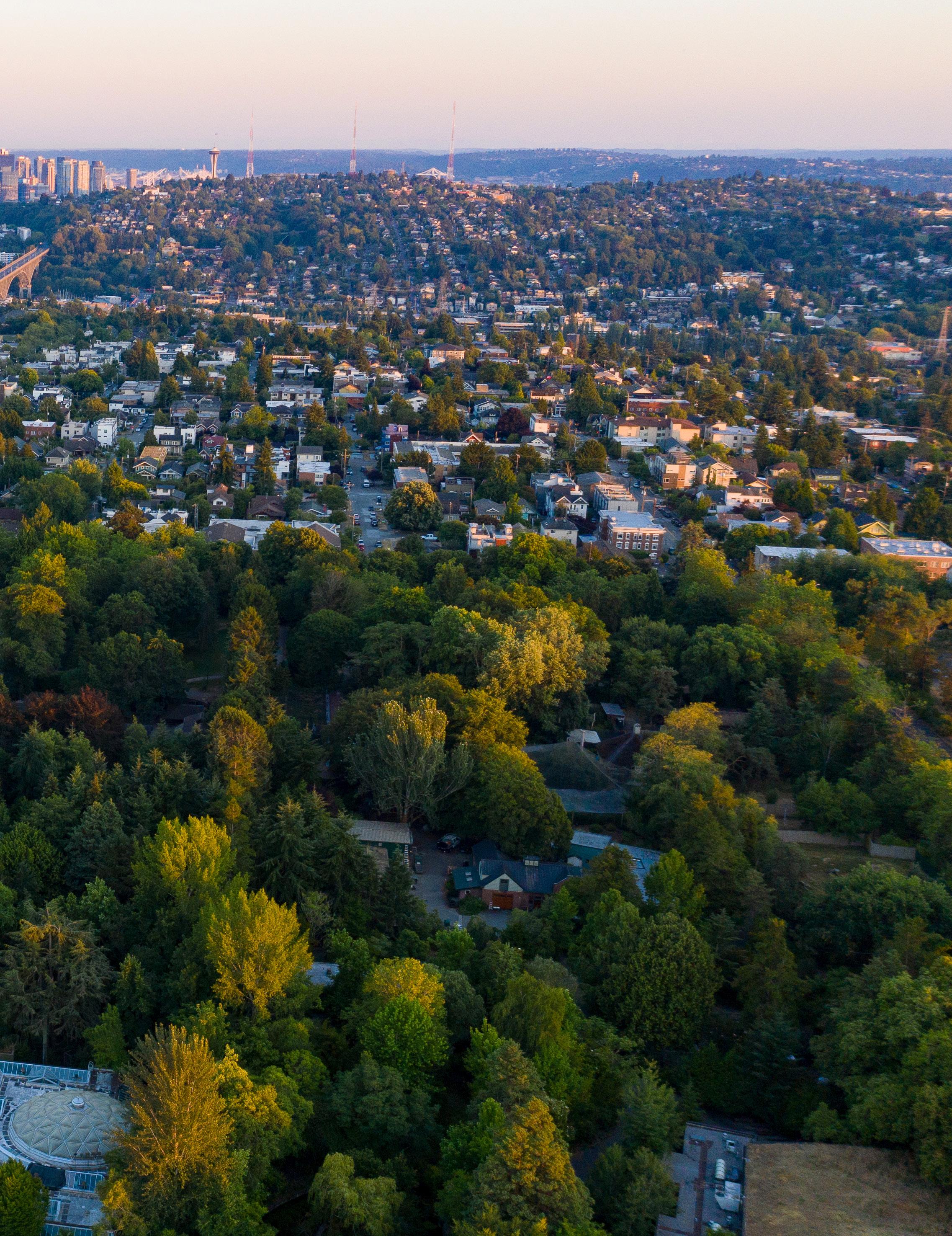
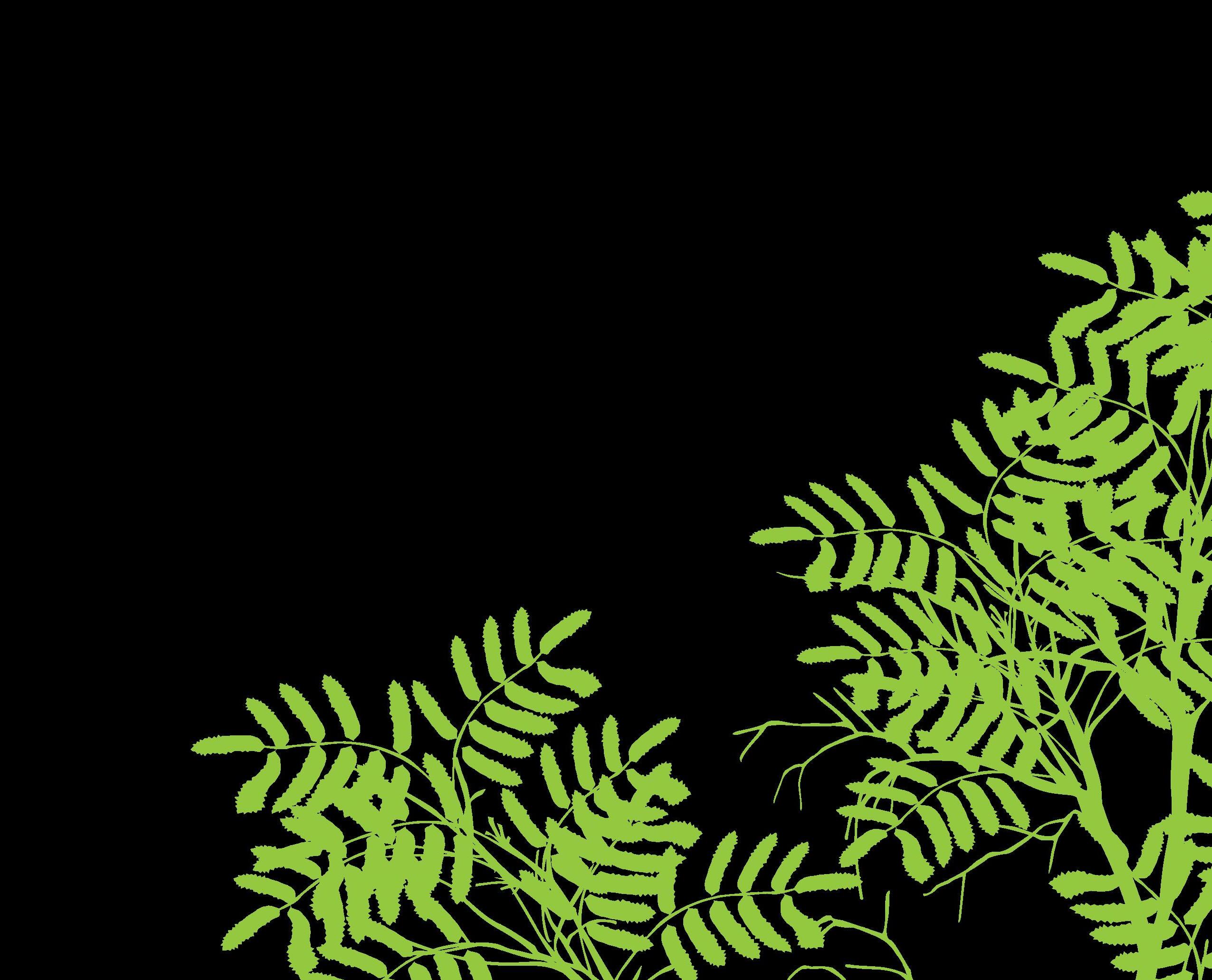

Welcome to our zoo family! New additions from cloud forest-dwelling tree kangaroos to Pacific Northwest native elk joined our zoo family this year. We are delighted for you to meet some of these animals during your next visit, see the extraordinary care they receive, and learn about new upgrades to provide the best care and experience for our animals and guests.
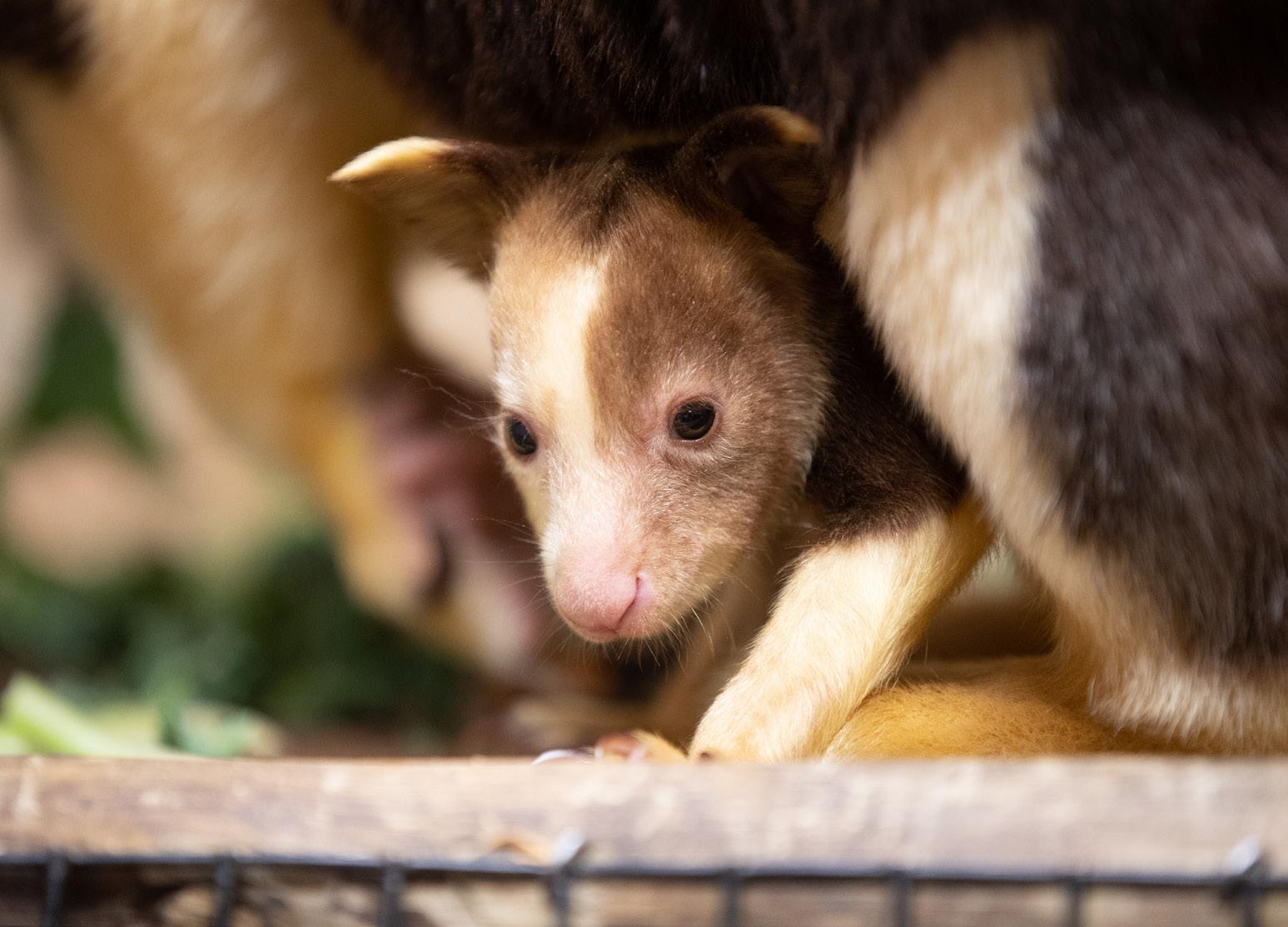
Two joeys, Finni (female) and Soya (male), were born to our tree kangaroos, Elanna and Omari. We are working hard to create a new home for our tree kangaroo families in our Forest Trailhead exhibit opening in 2026!
RAPTORS!
Five mews were constructed to provide daily, unrestricted outdoor access for our raptors including Buddy, the eagleowl, and Lola, the aplomado falcon.
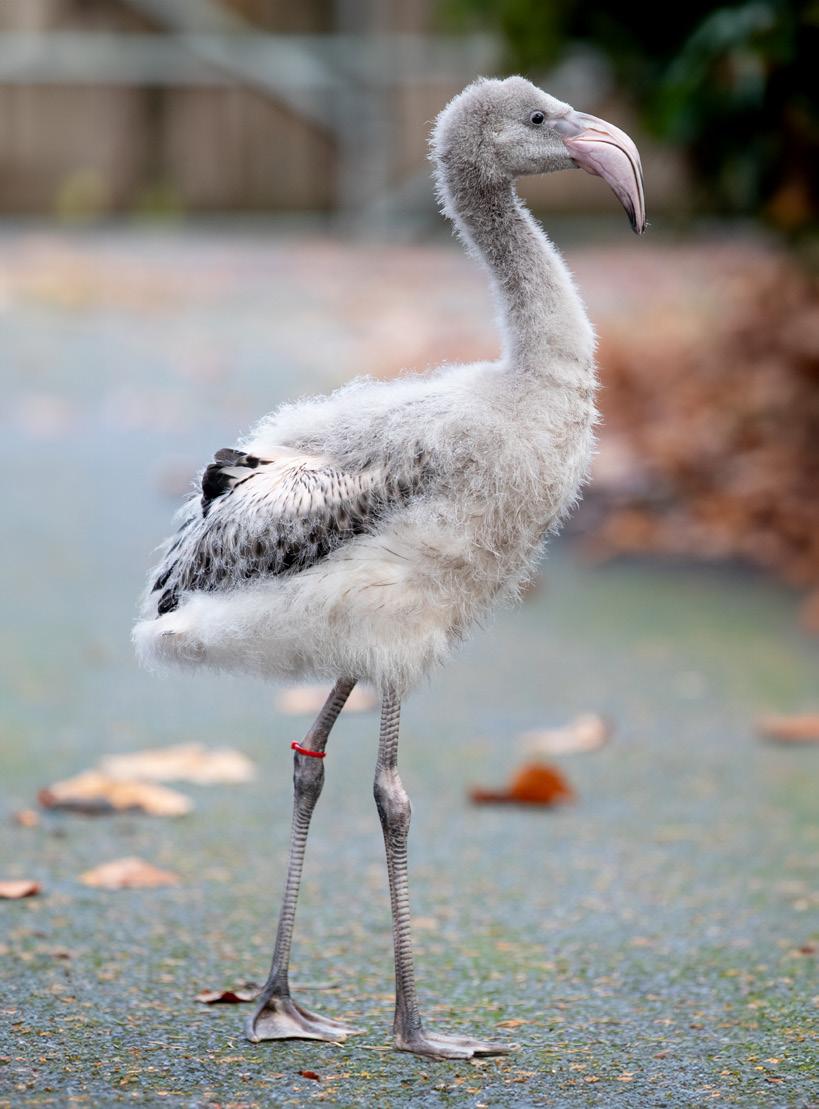
Six Chilean flamingo chicks from Zoo Atlanta hatched at Woodland Park Zoo this year, marking the first hatching of the species here since 2016!
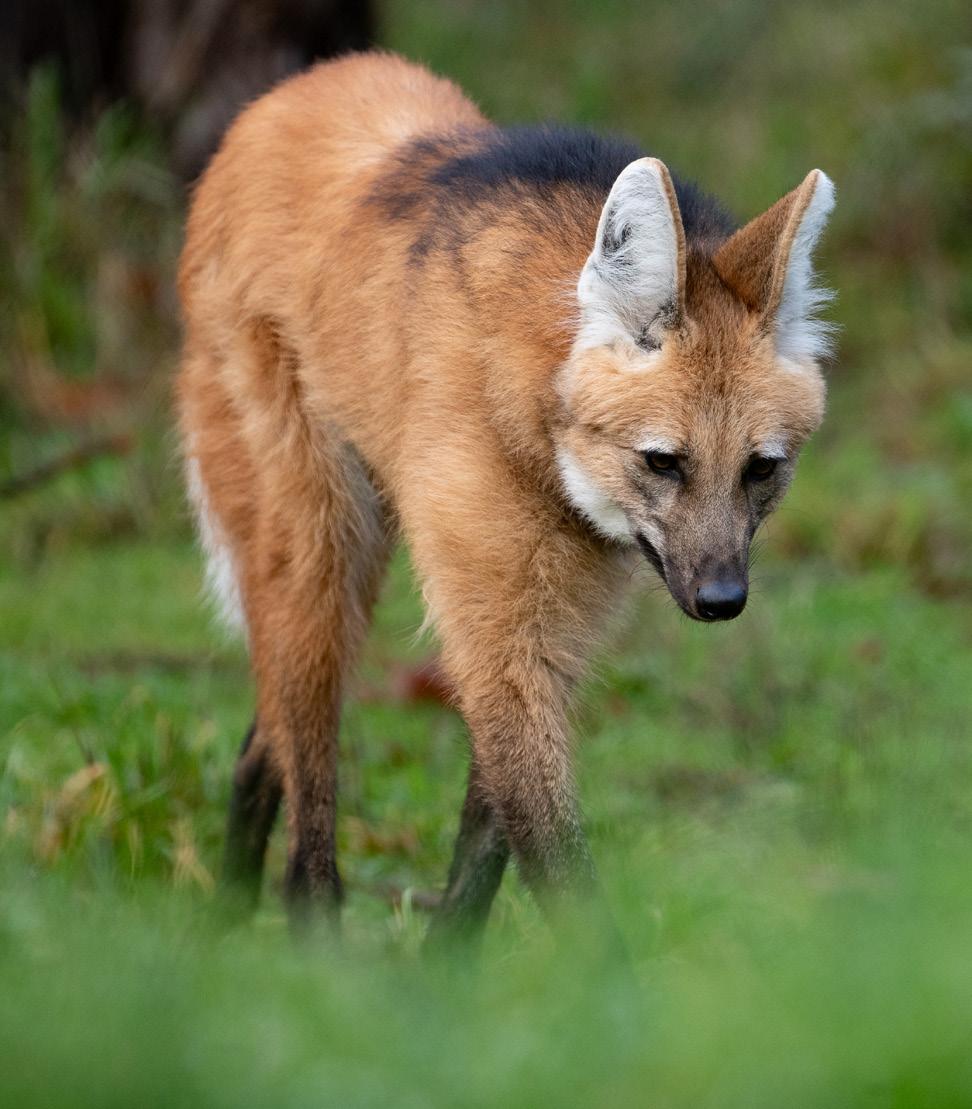
Two new maned wolves are creating a pack here at Woodland Park Zoo! Rosario and Urso will be close companions and you can visit them in their grassy habitat.
We constructed an improved training wall in the tapir exhibit, giving our animal care team better flexibility to provide daily husbandry needs and the access necessary for excellent tapir care.
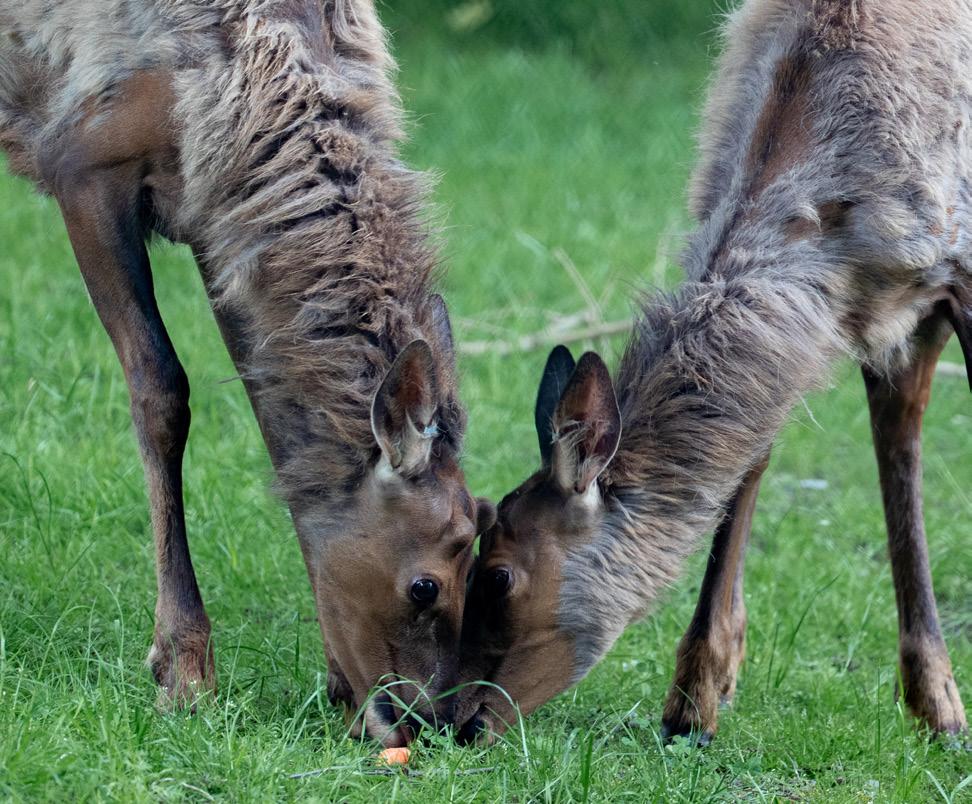
Half-siblings Huckleberry and Holly, age 2, joined our herd of now five elk at the Living Northwest Trail.
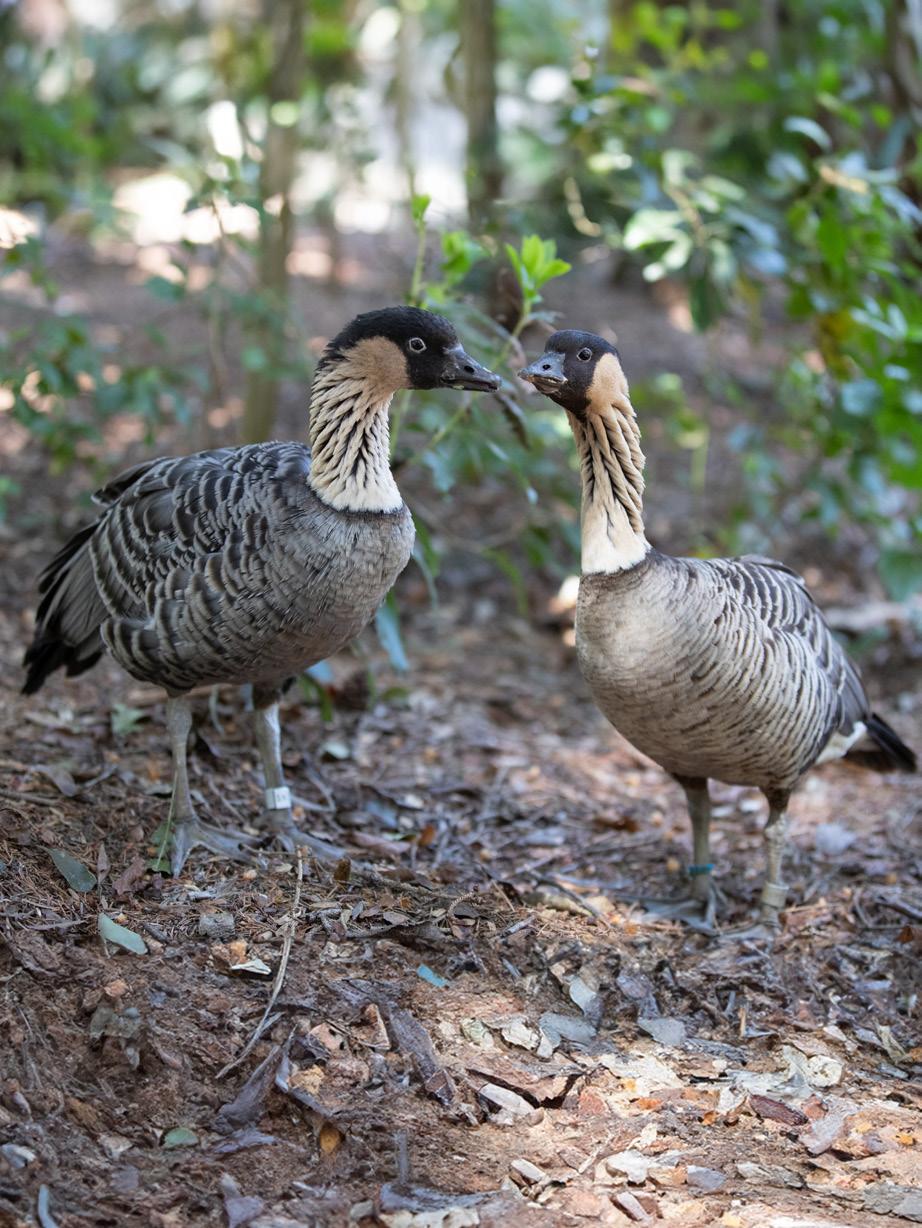
Meet the rarest goose in the world, the nene! Also known as the Hawaiian goose, a male and female pair are settling into their new home at the zoo’s Conservation Aviary.
Our talented Exhibits Team, in partnership with the Guest and Volunteer Engagement Team and our dedicated volunteers, designed a new docent cart with many accessibility features including platforms at two different height levels for guests and volunteers of all sizes, abilities and ages to engage with zoo content.
Not only do we care about the welfare of our animals but also the safety and accessibility for our guests. At our snow leopard exhibit, we upgraded the viewing area path to support better drainage and safe access for guests with mobility devices and strollers.
Our beloved Bug World received a big upgrade this year for the welfare of the arthropods and our guests! Featuring Nobel prizewinning lighting technology, Kessil LED lighting, our bugs now experience lighting levels that are closer to what they experience in their natural habitats. In this newly-upgraded space, all guests can connect with 16 species of arthropods from the temperate forests and desert to the savanna and tropics.
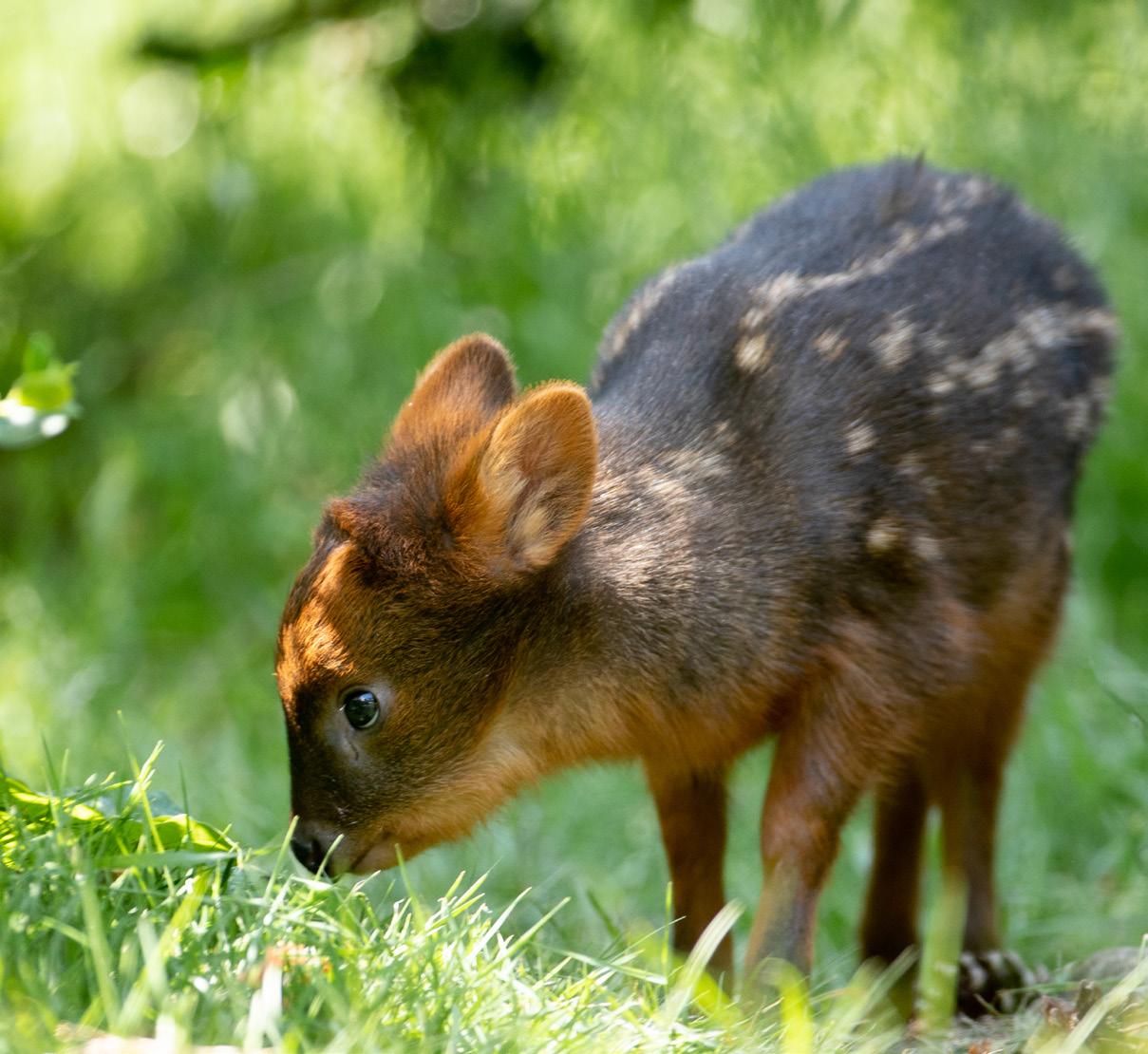
One of the zoo’s tiny residents, Flor, was born to our pudus, Ted and Maggie! Pudus are the world’s smallest deer, but Flor is quickly catching up to being as big as mom and dad at 14-18 inches tall!
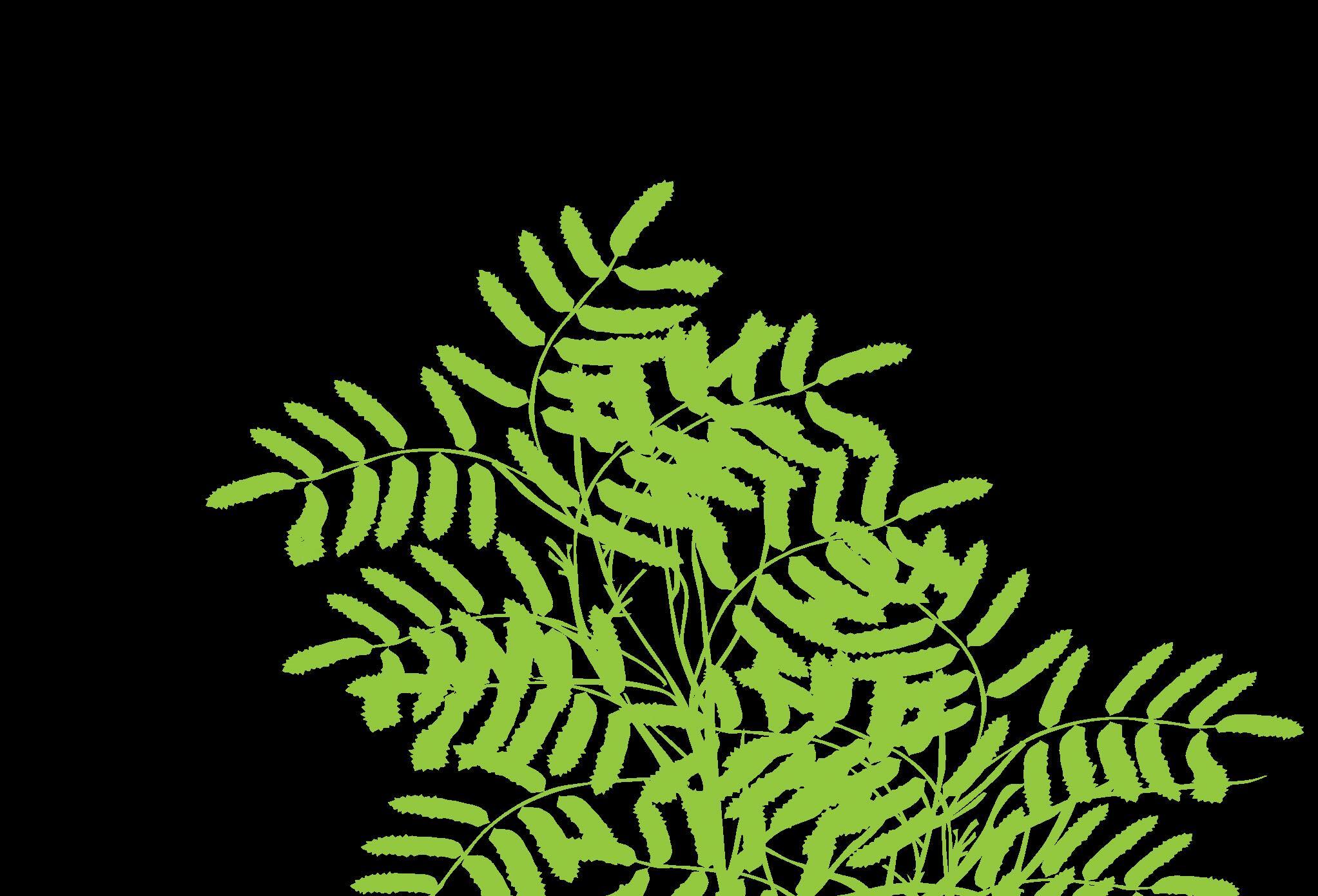

Our exemplary animal care strives to give our animals their best lives and welfare possible at all stages of life. After long, enriched lives, this year we bid farewell following the passing of some beloved animals including Harris’s hawk, Cisco; gray wolf, Kaya; Francois’ langur, Ya Ping; Malayan tapir, Bintang; and snow leopard, Dhirin.

“We are so grateful to Woodland Park Zoo as a partner who has worked side by side with us in opening doors to the zoo for our refugee, immigrant, senior refugee, and unaccompanied minor children (so they can) be welcomed to the park. Woodland Park Zoo provides a calming, peaceful mental health haven for such vulnerable families arriving into King County.”
Staff member from International Rescue Committee
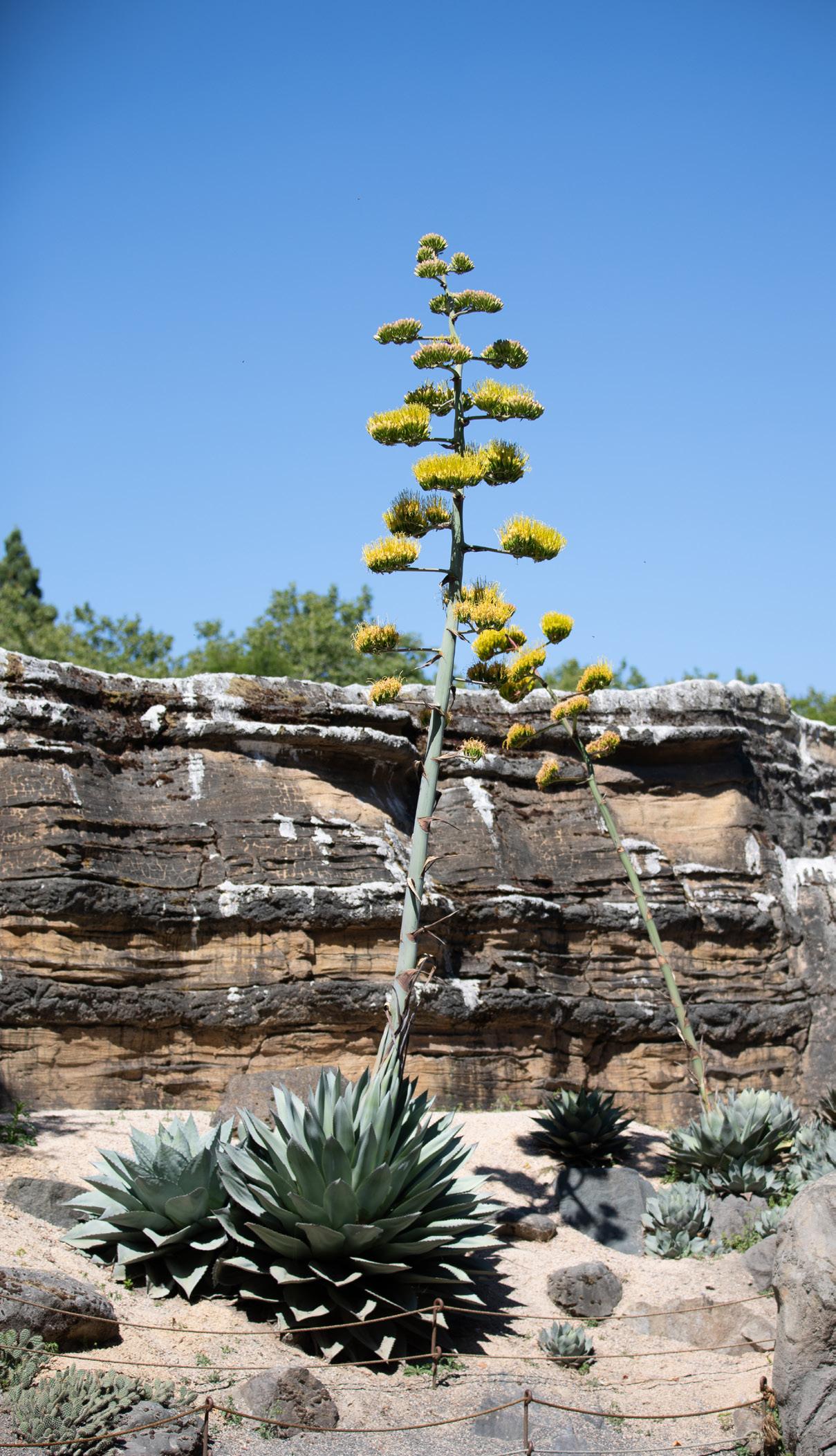
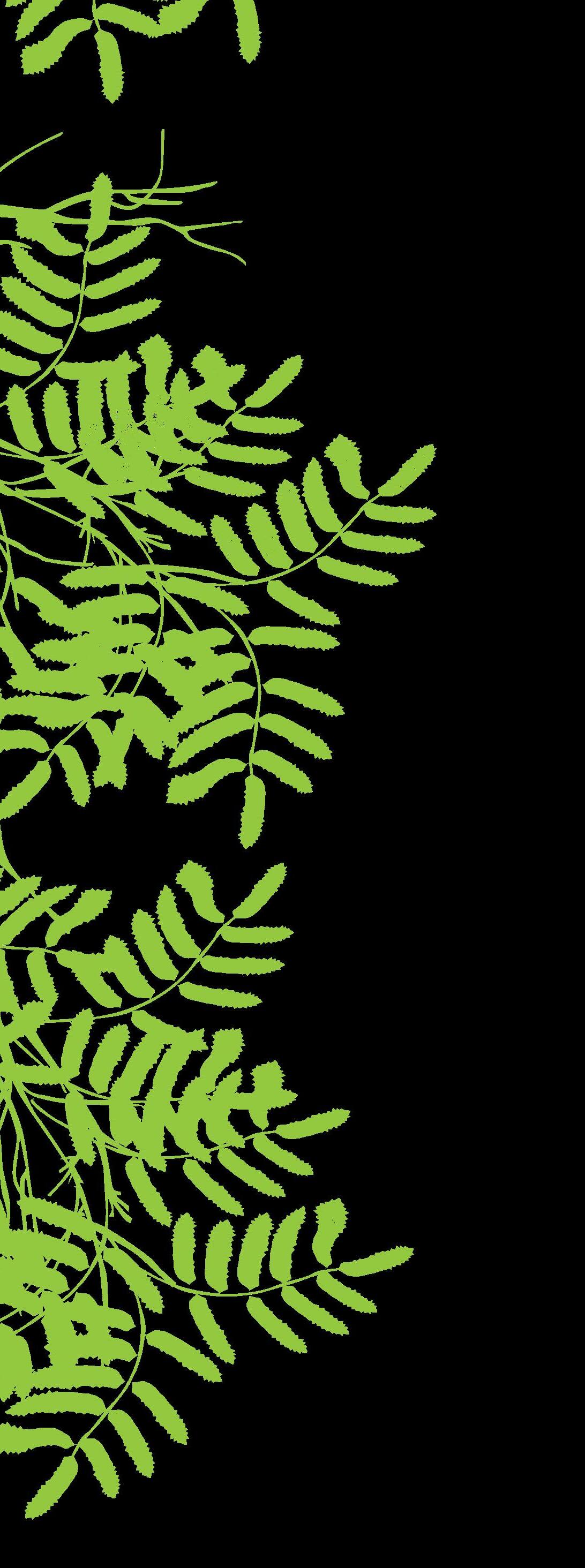
The Bloom of the Season – or even decade – took place this summer at Woodland Park Zoo when our agave ovatifola plant bloomed for the first time in about 10 years. Also known as whale’s tongue agave, this 12–15-foot-tall agave from Mexico takes 10 years to mature, and when it blooms, it creates a dazzling display. If you missed this bloom, don’t worry! Our talented horticulture staff harvested viable seeds from the agave and are planning to grow new plants in the future.
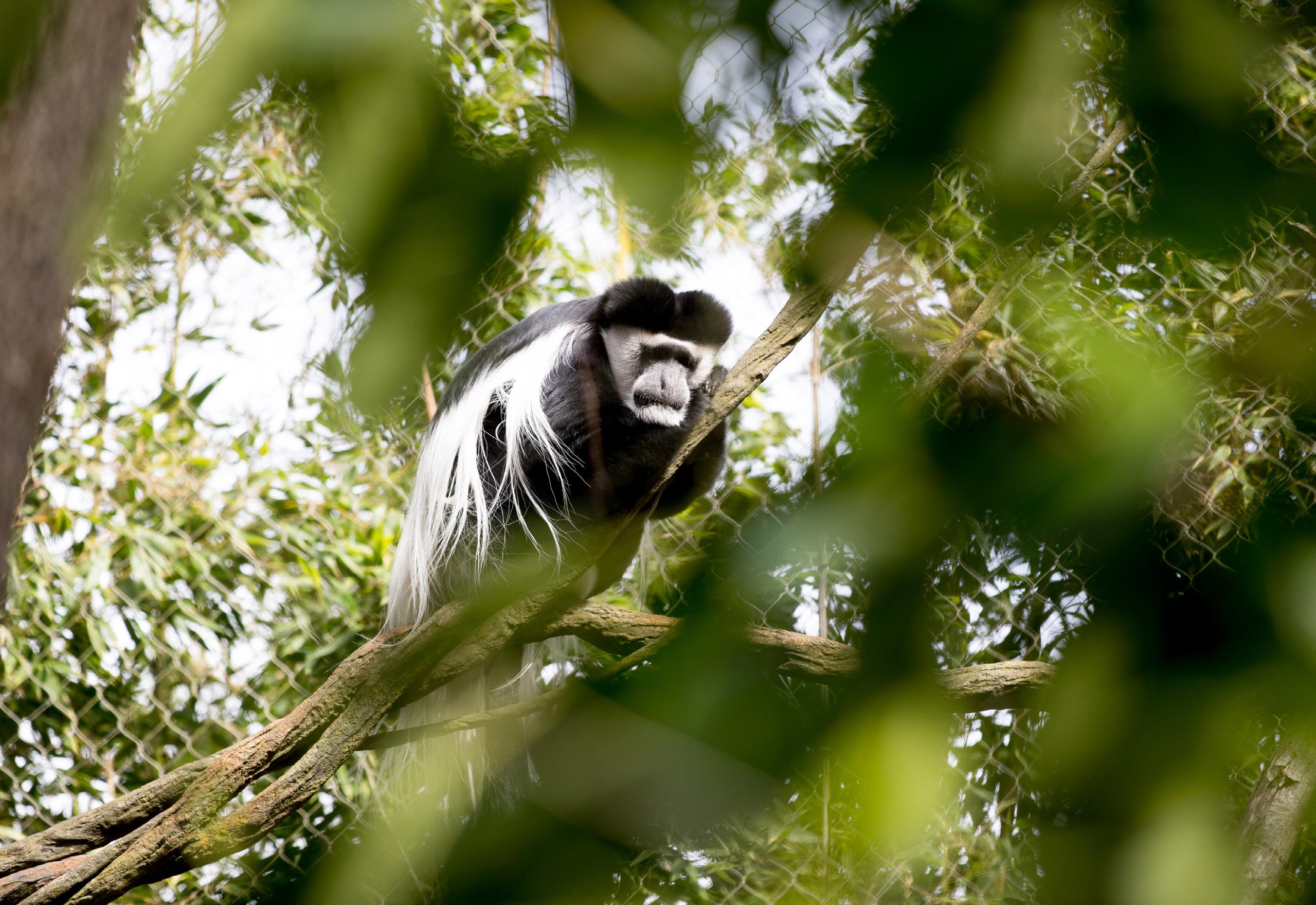
Within our urban forest at Woodland Park Zoo, we are continuously improving our sustainability efforts. This year, with funding from the King County Waterworks Grant Program, we enlisted the assistance of Navix Engineering to complete a comprehensive study to improve water sustainability by reducing water consumption and stormwater loading into the combined sewer system. The study also recommended water reuse alternatives and ways to minimize the stormwater runoff from entering the combined sewer system. To complement this work and inspire the next generation to make conservation a priority in their lives, we created an interactive game about the water cycle for educators to use.
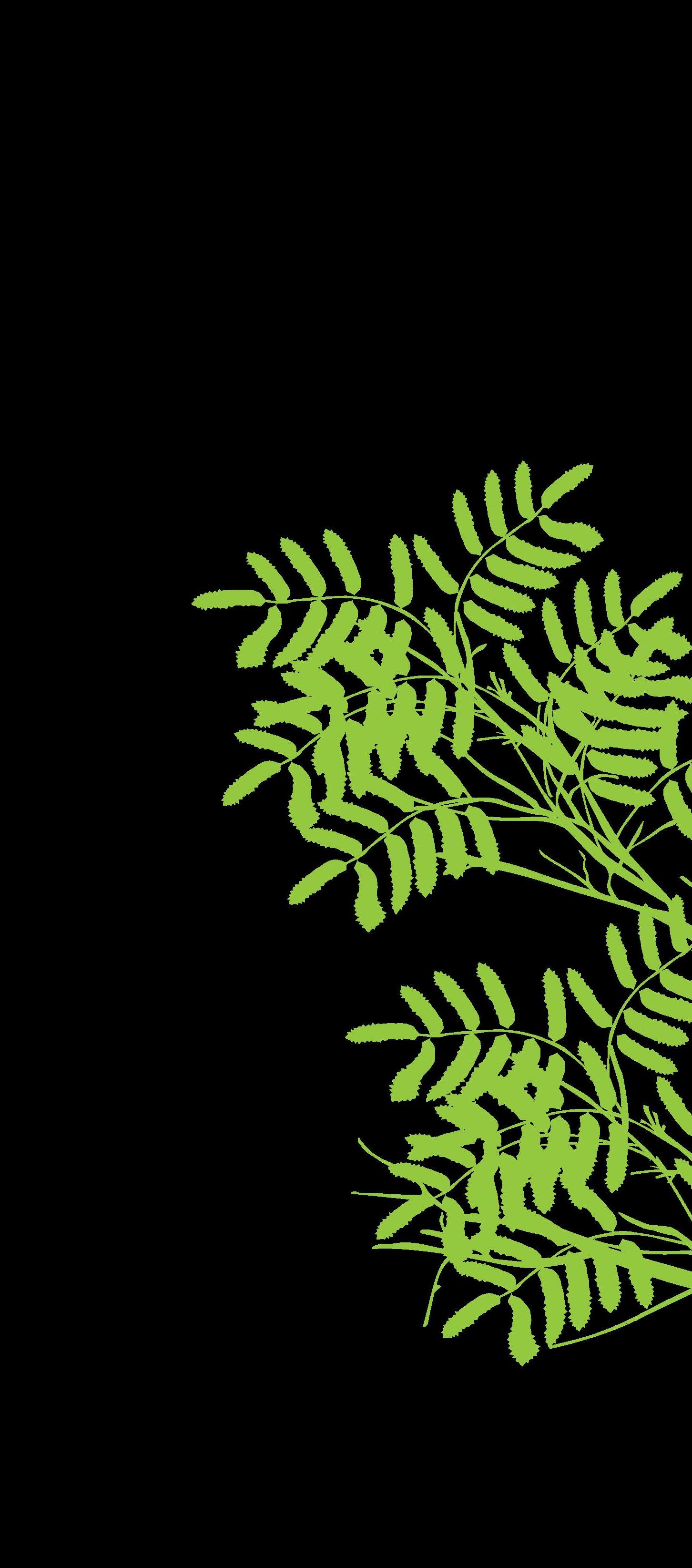
Bounding down branches on a spring morning, our colobus monkeys participated in a special training session for a group of 15 teenagers from Children’s Long-Term Inpatient Program. These children receive six to 12 months of Washington state’s most intensive inpatient psychiatric or behavioral treatment, and the zoo provides free opportunities for their youth to connect with animals and nature in a safe and inclusive space. In the spring, they had a memorable day experiencing up-close the distinct personalities of the rain forestdwelling colobus monkeys, riding the carousel and meeting a red panda!

We are Living Northwest. We discover, recover, and coexist to ensure a healthy, thriving Northwest to sustain people and wildlife together.
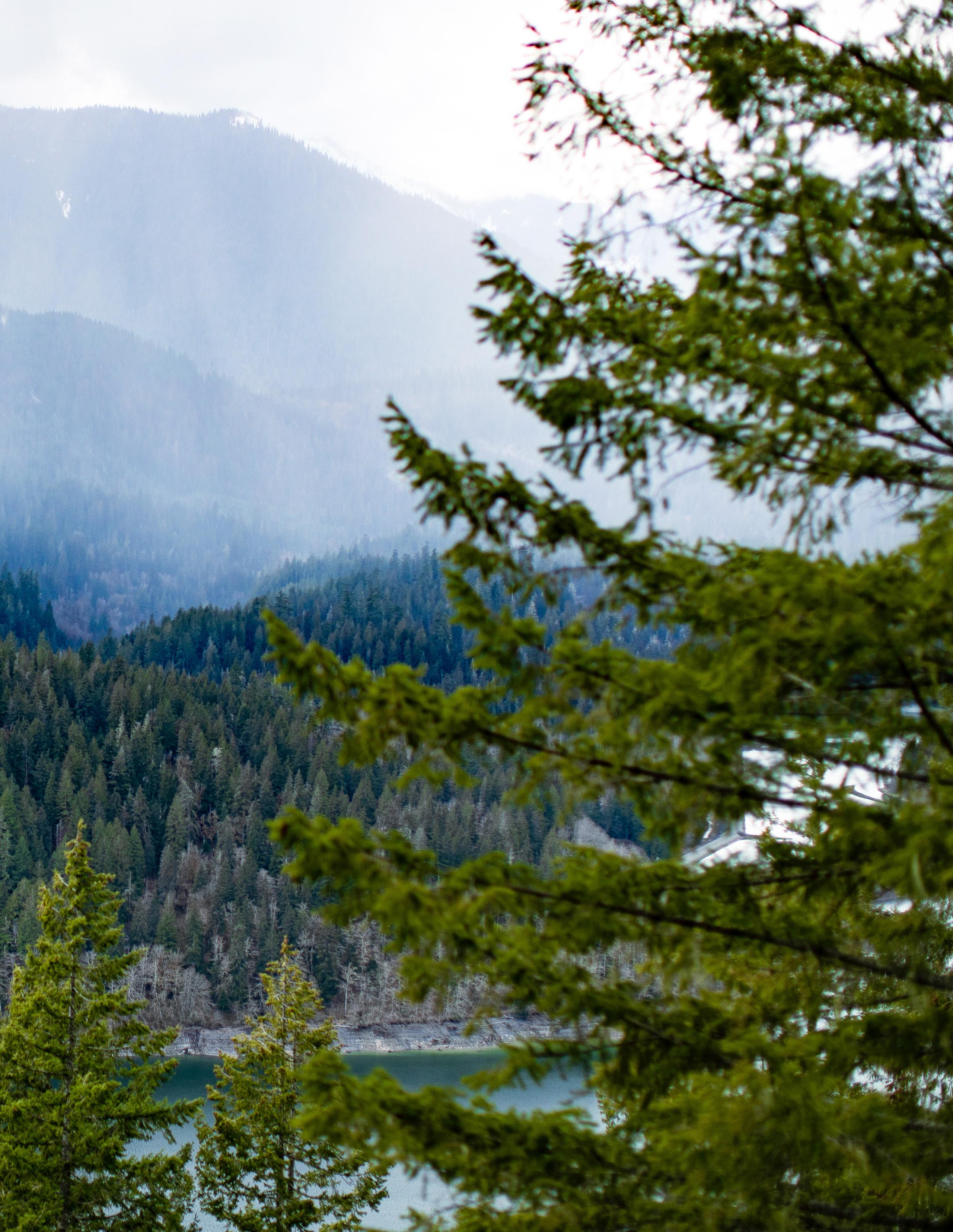
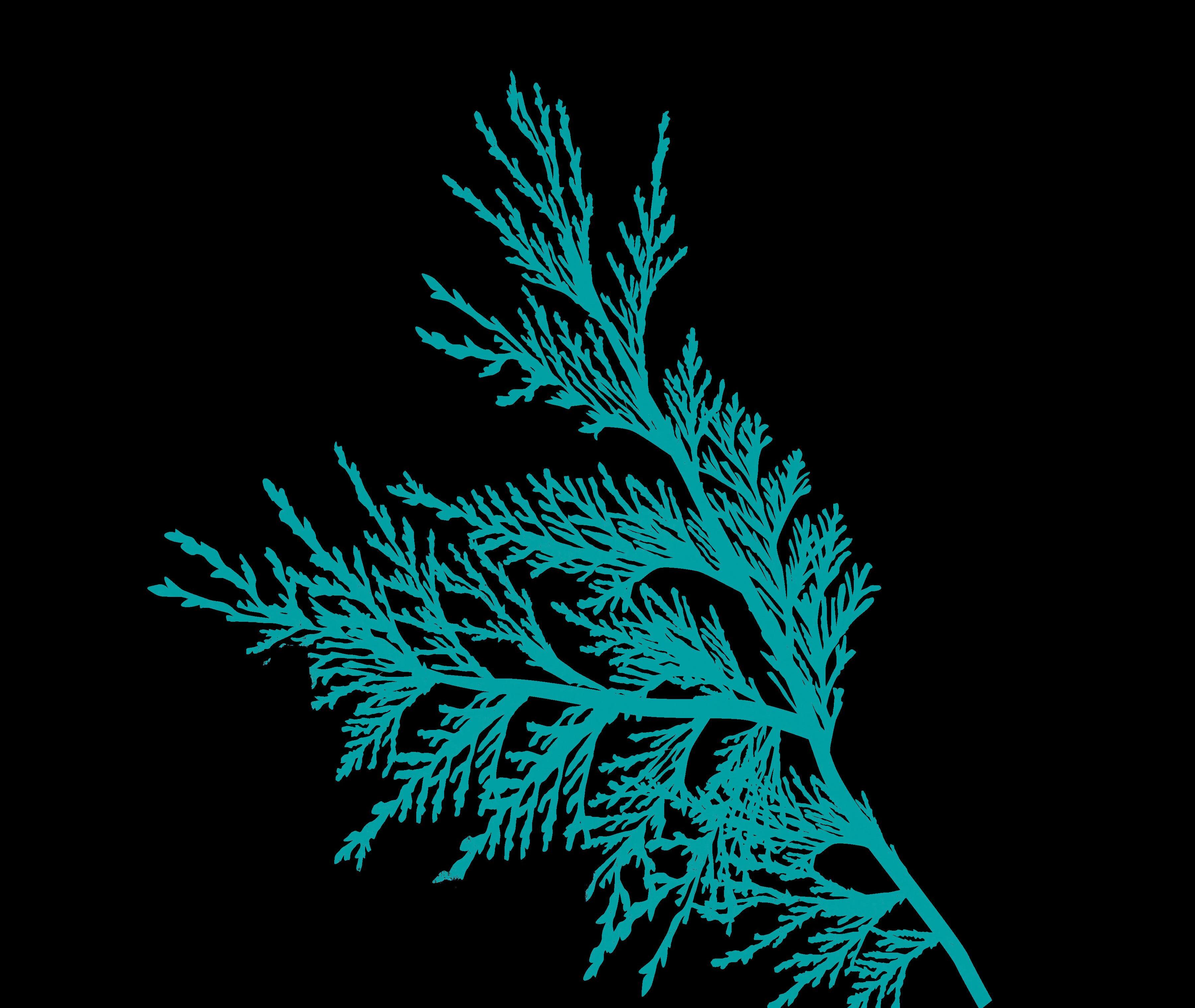
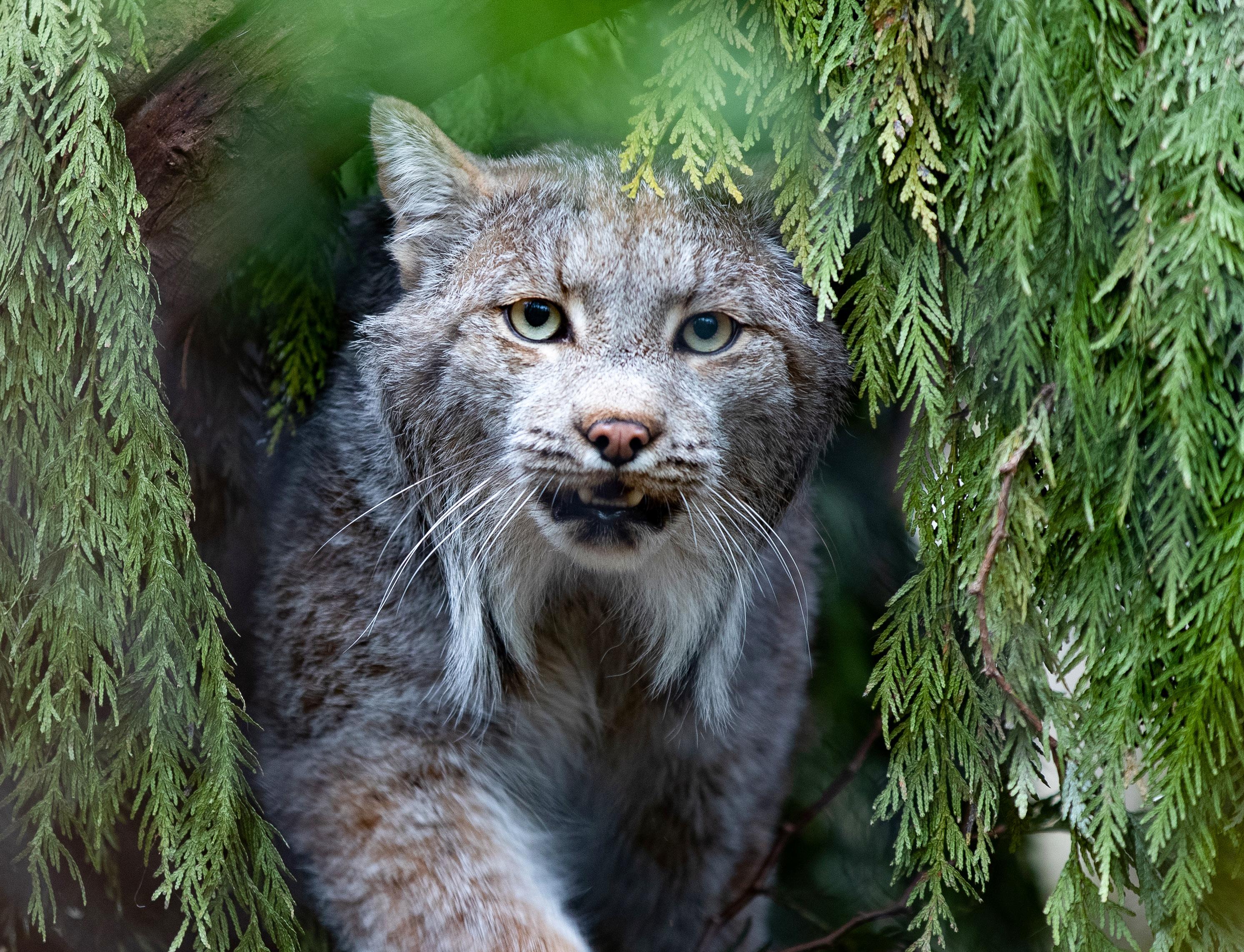
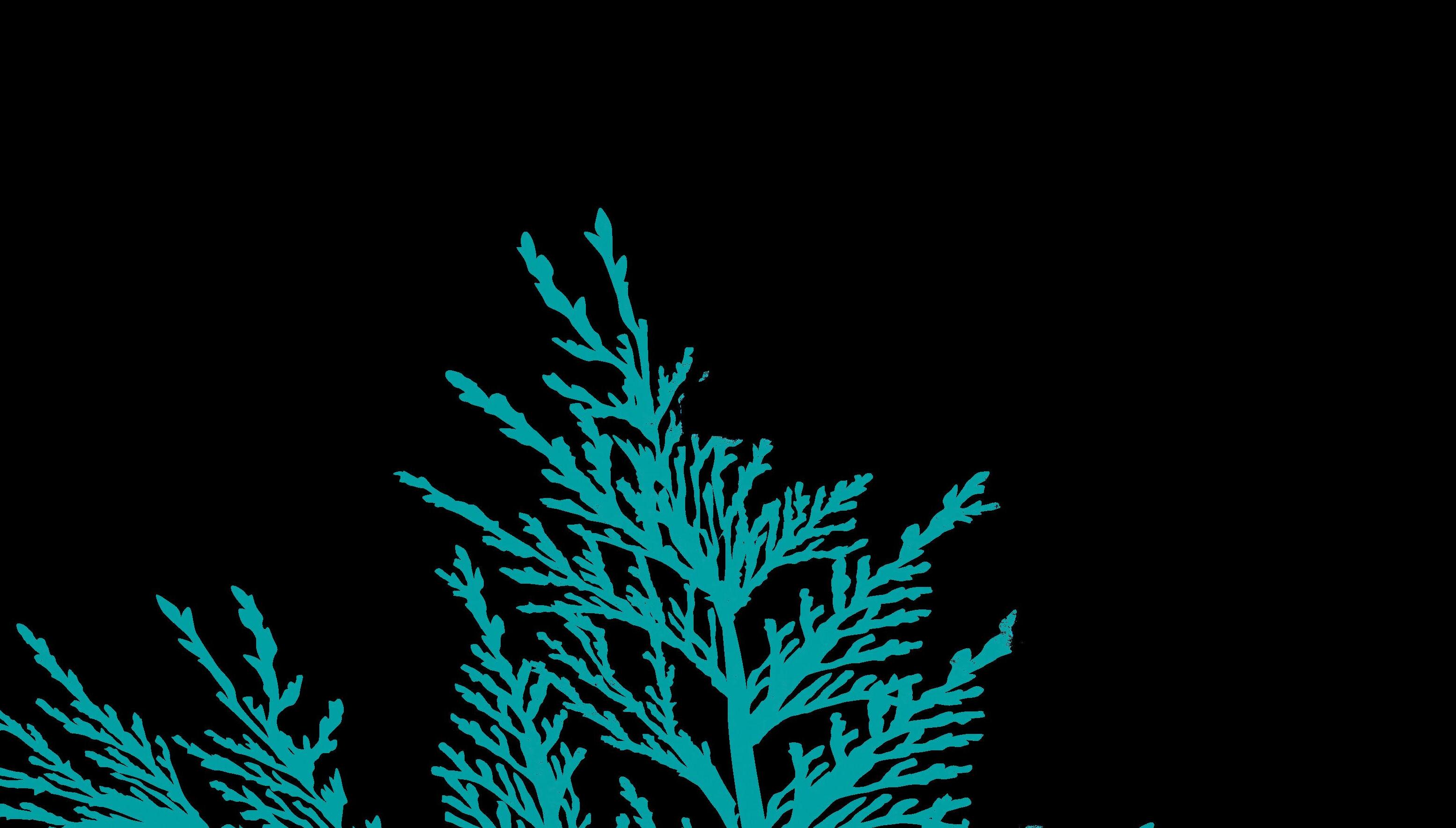
“We work with children who have been abused and neglected, many of whom have never been able to visit a zoo before or see animals up close. It is always such a magical experience to watch the children see just how many magnificent animals there are in the world and how each unique animal has their own habitats and ways of being in the world…that they each belong. It helps these children feel that no matter how different they may feel from other children, they too, have their place of belonging in the world…they too are magical creatures…they too add to the wonder of the world by being in it. Always such a treat to experience them experiencing
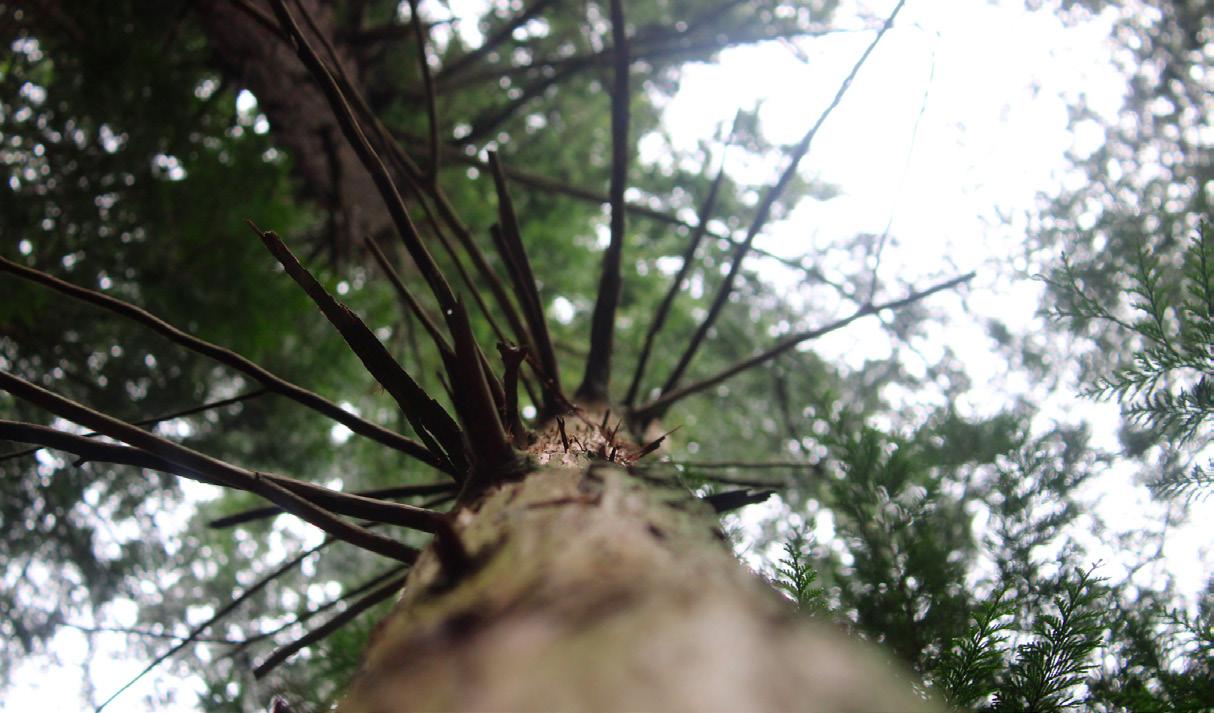

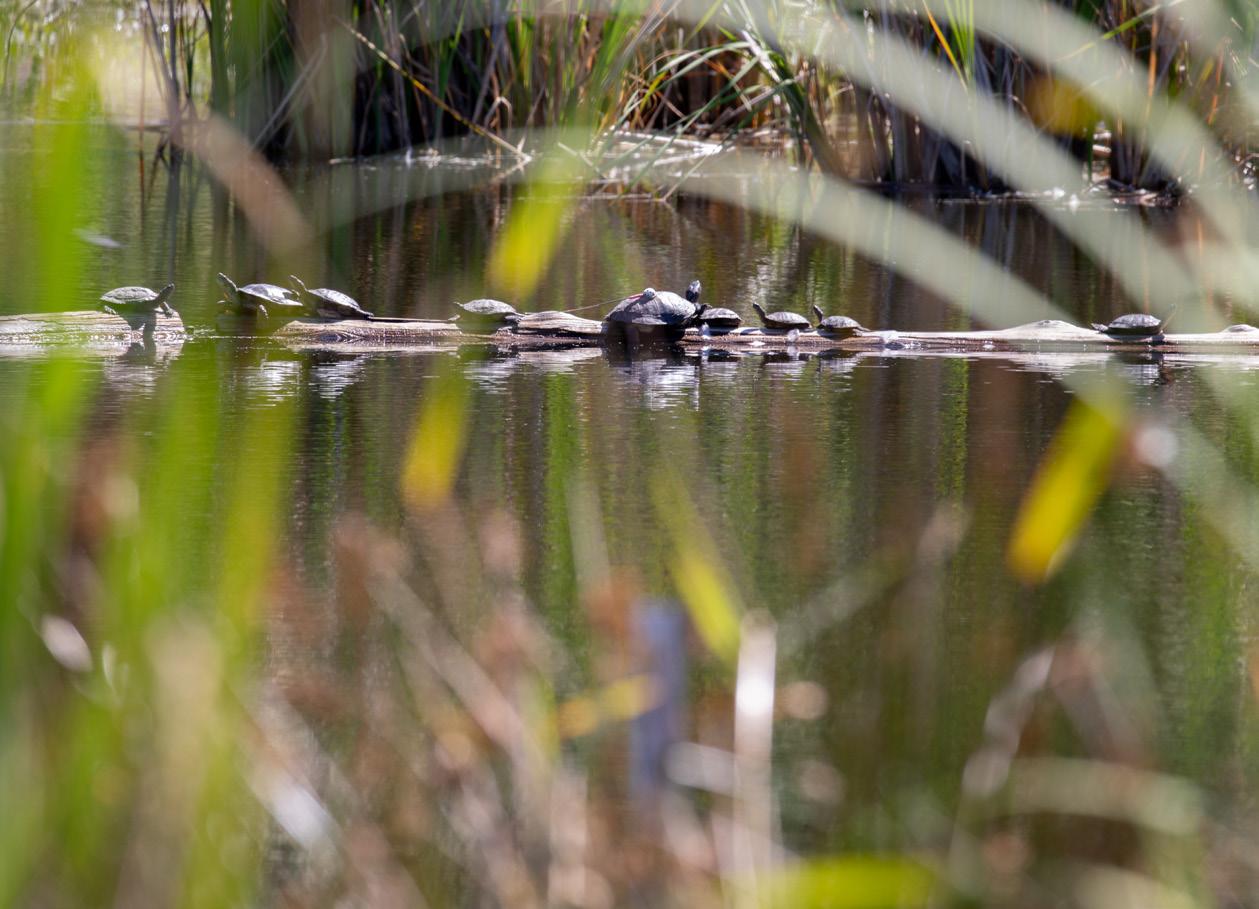
During a four-day photography camp hosted by Woodland Park Zoo’s Empathy Collaborative and co-designed in partnership with community organizations and the teens they serve, teenagers from south Seattle connected with nature and wildlife around the Pacific Northwest and at the zoo. The teens learned photographic and artistic skills including how to use a DSLR camera, sun printing and the principle of perspective, and explored natural environment career options.
The first day started at Martha Washington Park, where the students photographed a stunning pair of soaring eagles. Their camp experience culminated with a zoo visit, where they watched lively brown bears Juniper and Fern play, fed the penguins, and curated their own photography exhibits featuring their own local nature and wildlife photographs. The students left with a newfound passion for wildlife and nature – from the smallest worms in a forest to the grandest eagle – and new artistic skills in nature and wildlife photography. Woodland Park Zoo’s Empathy Collaborative program is funded generously by a private foundation through the Forests for All campaign.
View their photographs here: Wonder in Nature by Woodland Park Zoo - Stories from Woodland Park Zoo (exposure.co)
Through our Community Access Program (CAP), Woodland Park Zoo partners with over 600 non-profits, human service organizations, Tribes, and government organizations to offer 100,000 free zoo tickets to individuals and families who would otherwise be unable to access the zoo. This year, we expanded our CAP offerings including a food and beverage discount, virtual animal experiences, and free public transportation and access to King County Community Vans, in addition to free zoo tickets.
Thank you to Levy, King County Metro and King County Parks for supporting CAP.
This year, three species native to the Northwest—grizzly bears, western pond turtles and wolverines—were at the center of historic conservation activities. Grizzly bears were the focus of science-based recovery planning and are being considered for reintroduction in the North Cascades. Western pond turtles are being considered for protective listing under the Endangered Species Act (ESA) and wolverines in the contiguous U.S. were listed for ESA protections. For decades, Woodland Park Zoo has led conservation efforts for these animals through our coexisting with carnivores project, successful reintroduction program for western pond turtles and monitoring program for wolverines. Together, we can ensure a thriving Northwest for both people and animals!
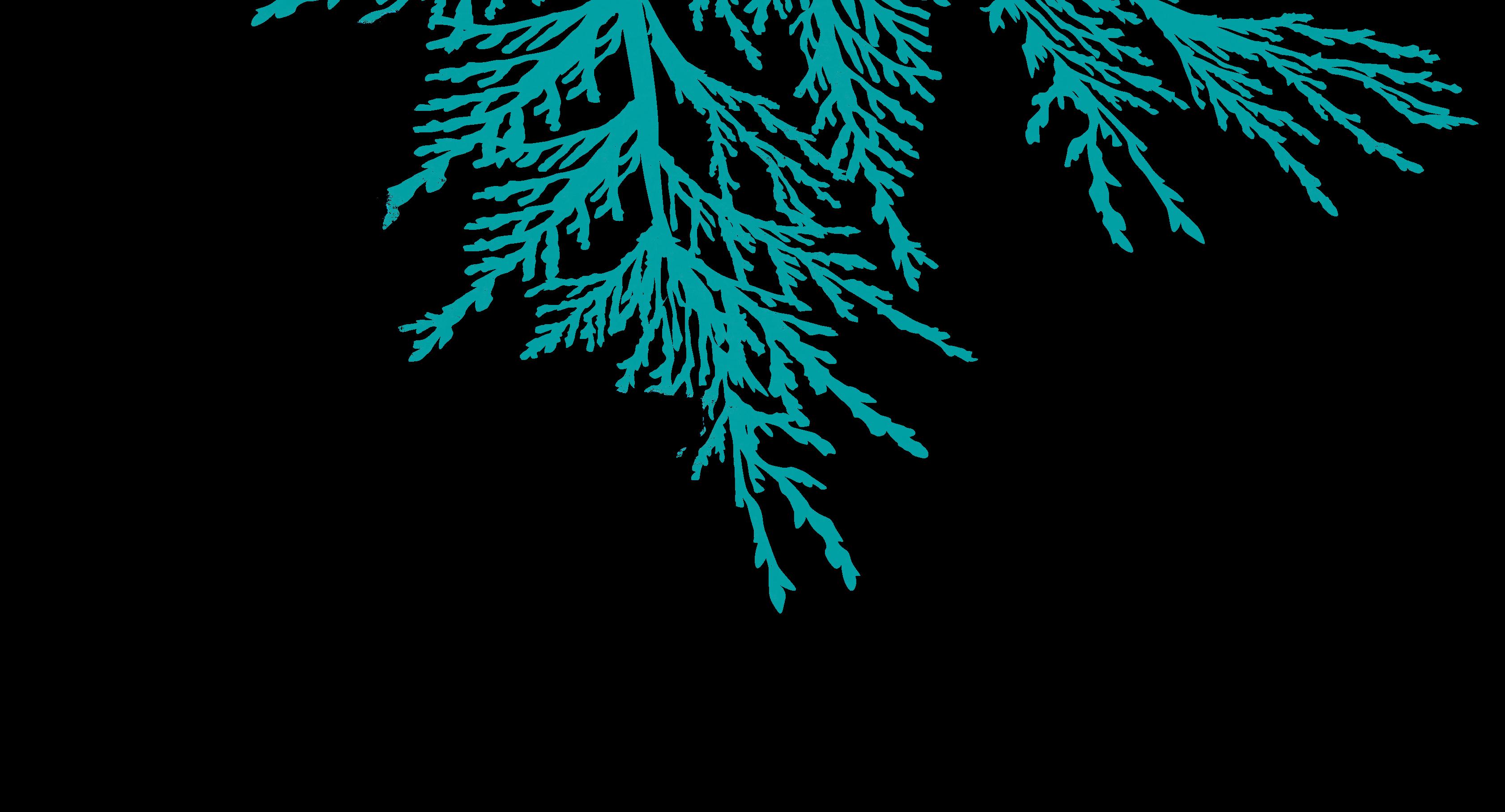
Each year National Pollinator Week falls within Pride Month. To celebrate both Pride and pollinators, Woodland Park Zoo hosted Bee Yourself, a community-building pollinator celebration in partnership with Lambert House, a leading organization in the Pacific Northwest and across the nation for LGBTQ+ youth. Lambert House youth are often unable to participate in age-restricted Pride events. Bee Yourself created a space for these youth—as young as 10 years old—to celebrate Pride Month. The kids learned about pollinators and were invited to leave their permanent mark at the zoo by planting pollinator-friendly flowers in the Butterfly Garden. Most importantly, they were celebrated for bee-ing themselves!
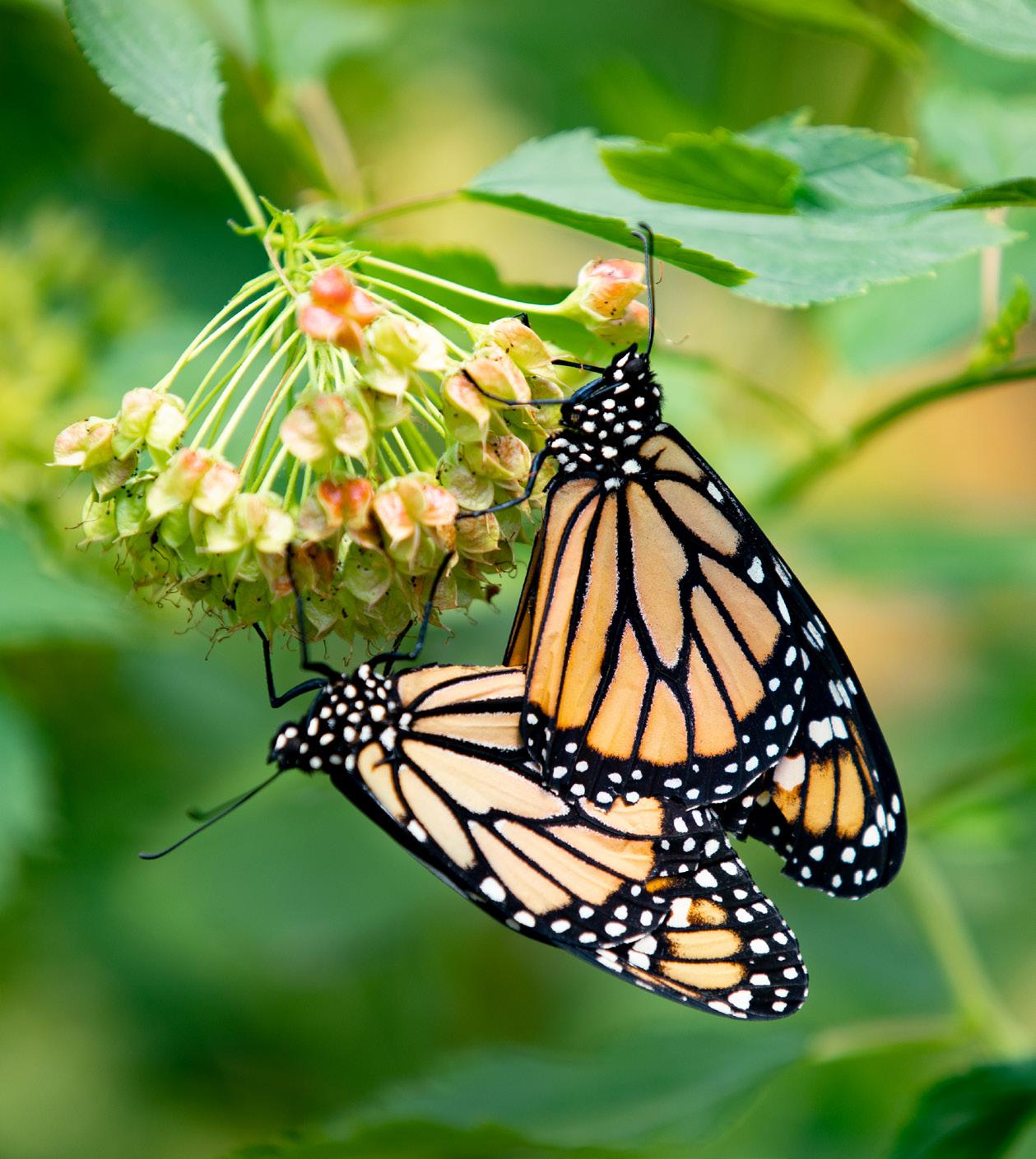
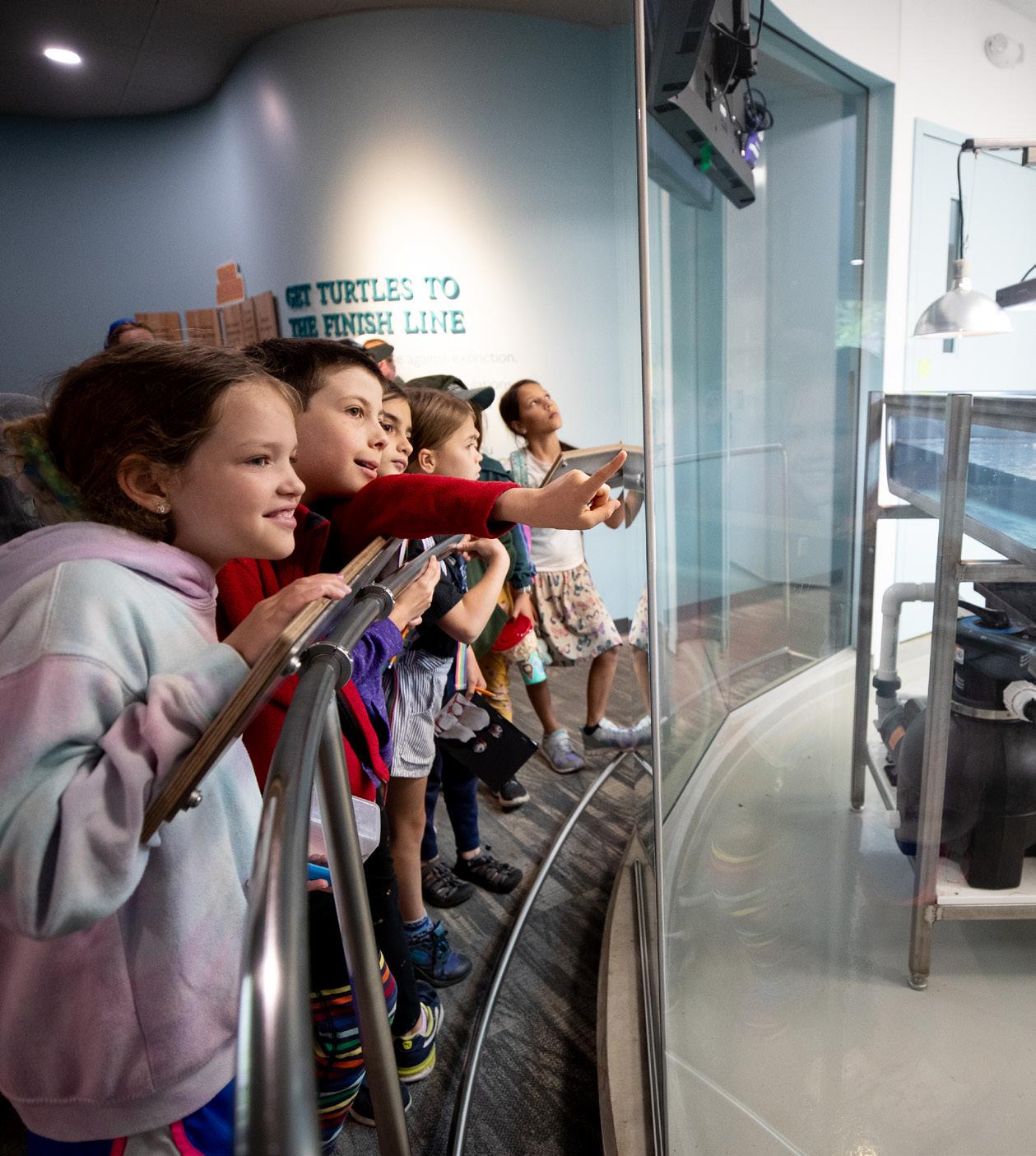
Sustainability begins at home, and our Zoo Doo compost program helps prevent the release of greenhouse gases into the environment and reduces the zoo’s landfill-bound trash by an estimated 75 percent. This popular compost is created from animals’ manure and bedding, and for the past 35 years, Woodland Park Zoo only used herbivore waste— until this year! Thanks to our community’s philanthropic investments, we began composting our carnivore and primate waste in addition to herbivore waste, and combined with a new composting system, our production has doubled, resulting in 800-900 cubic yards of compost. That means more waste turned into compost and reused on zoo grounds to grow plants enjoyed by our guests and used as food for our animals!

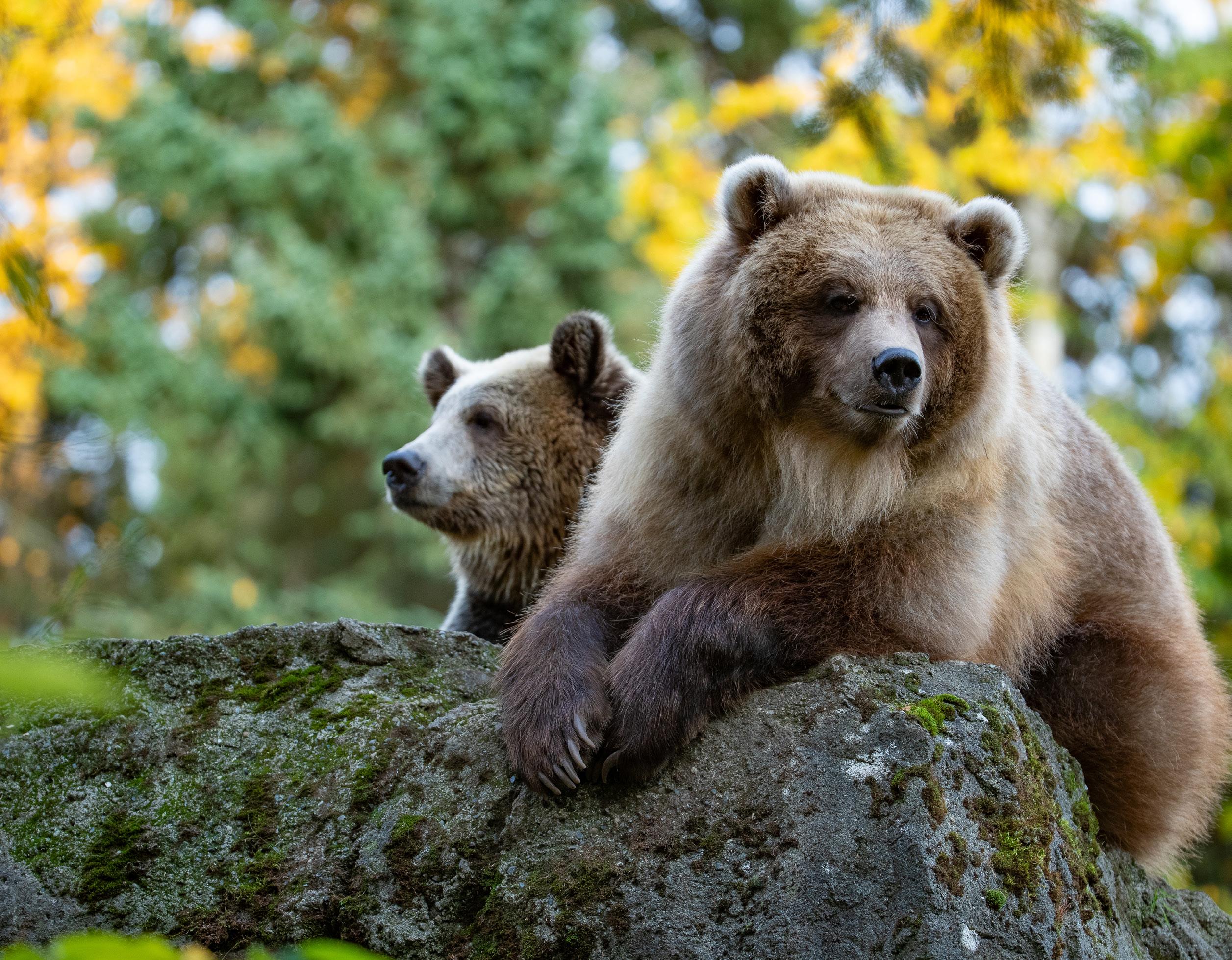
Learn more about coexistence actions you can take at home!
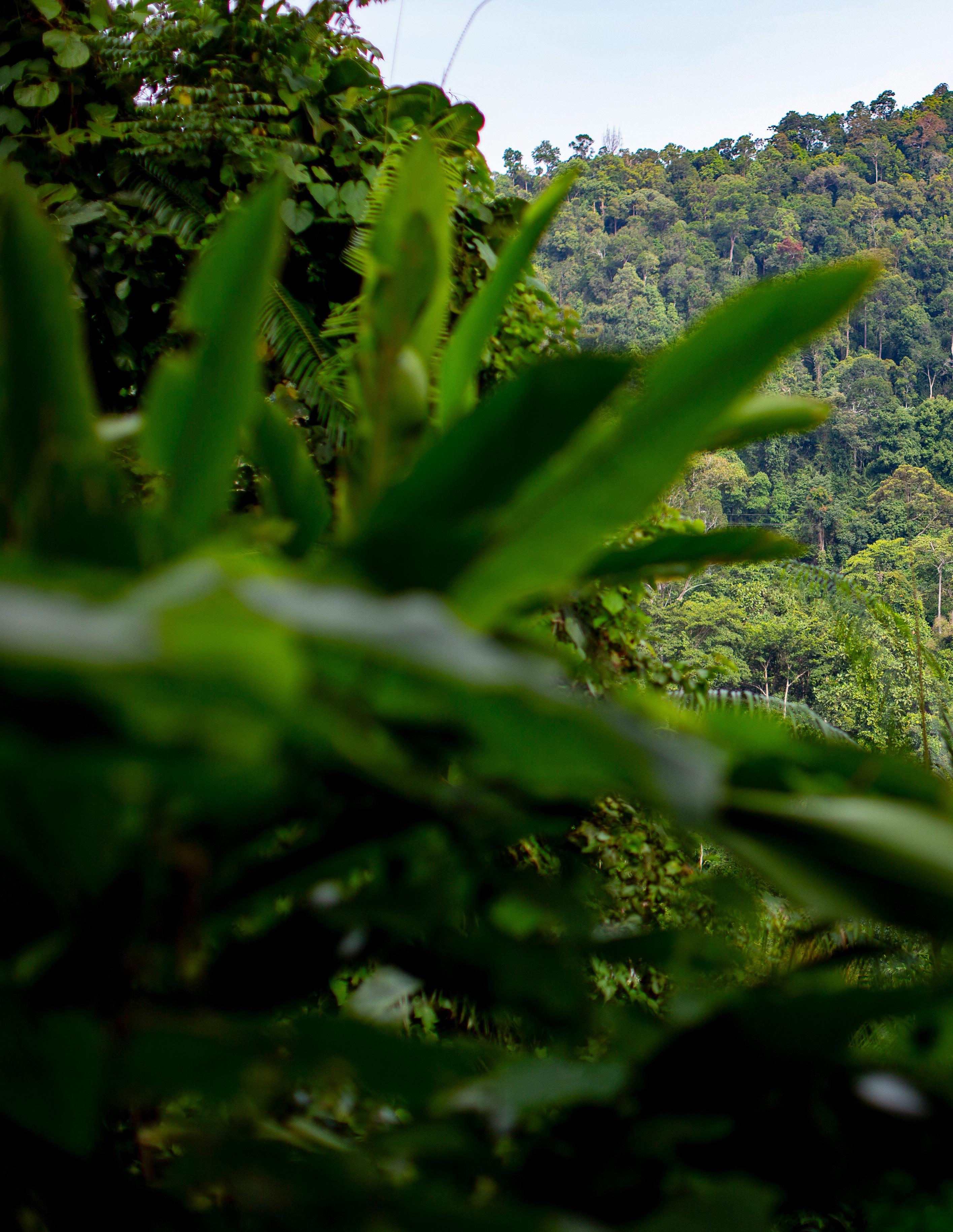
Uniting local and global communities to save forests for the benefit of animals, people and climate action.
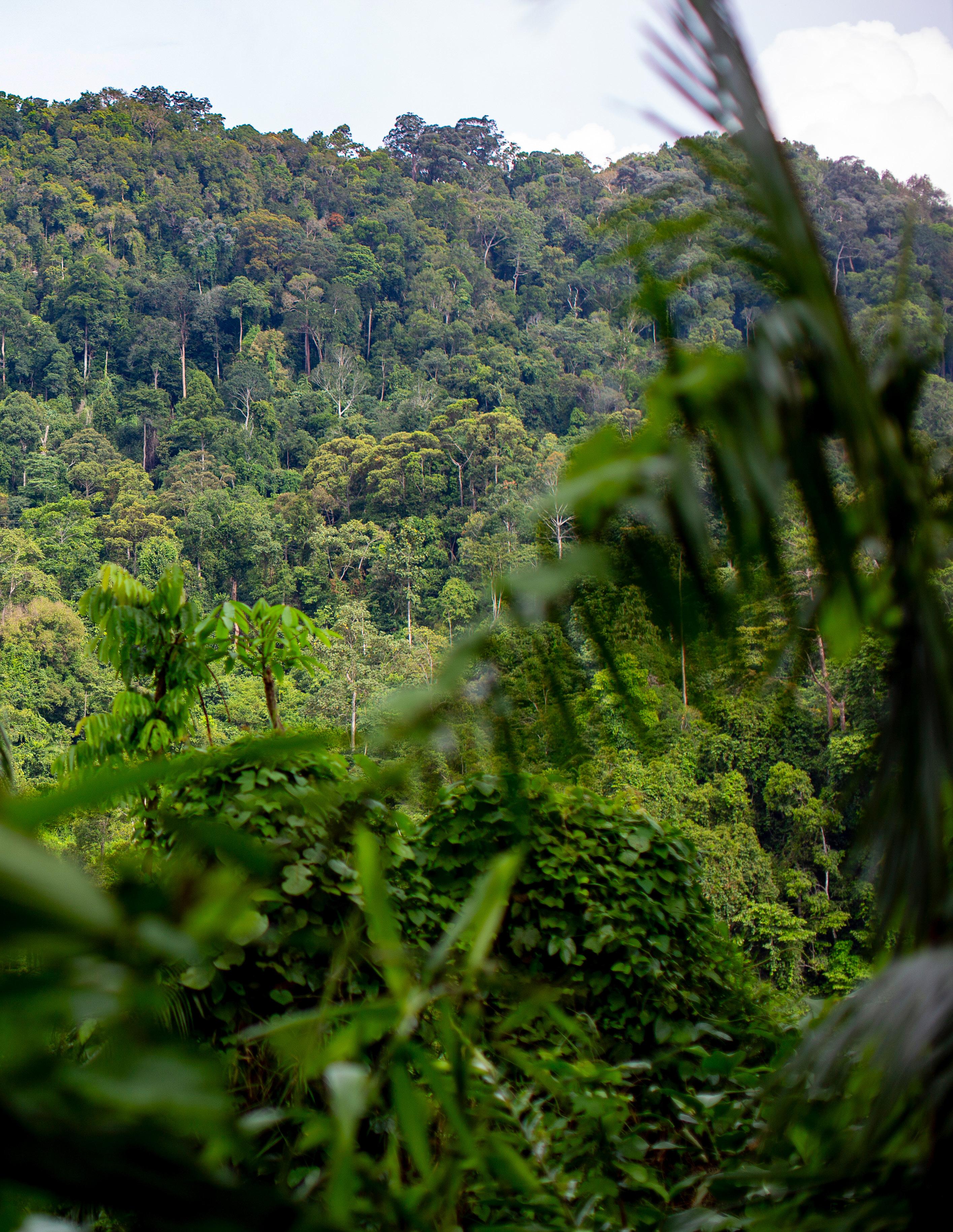
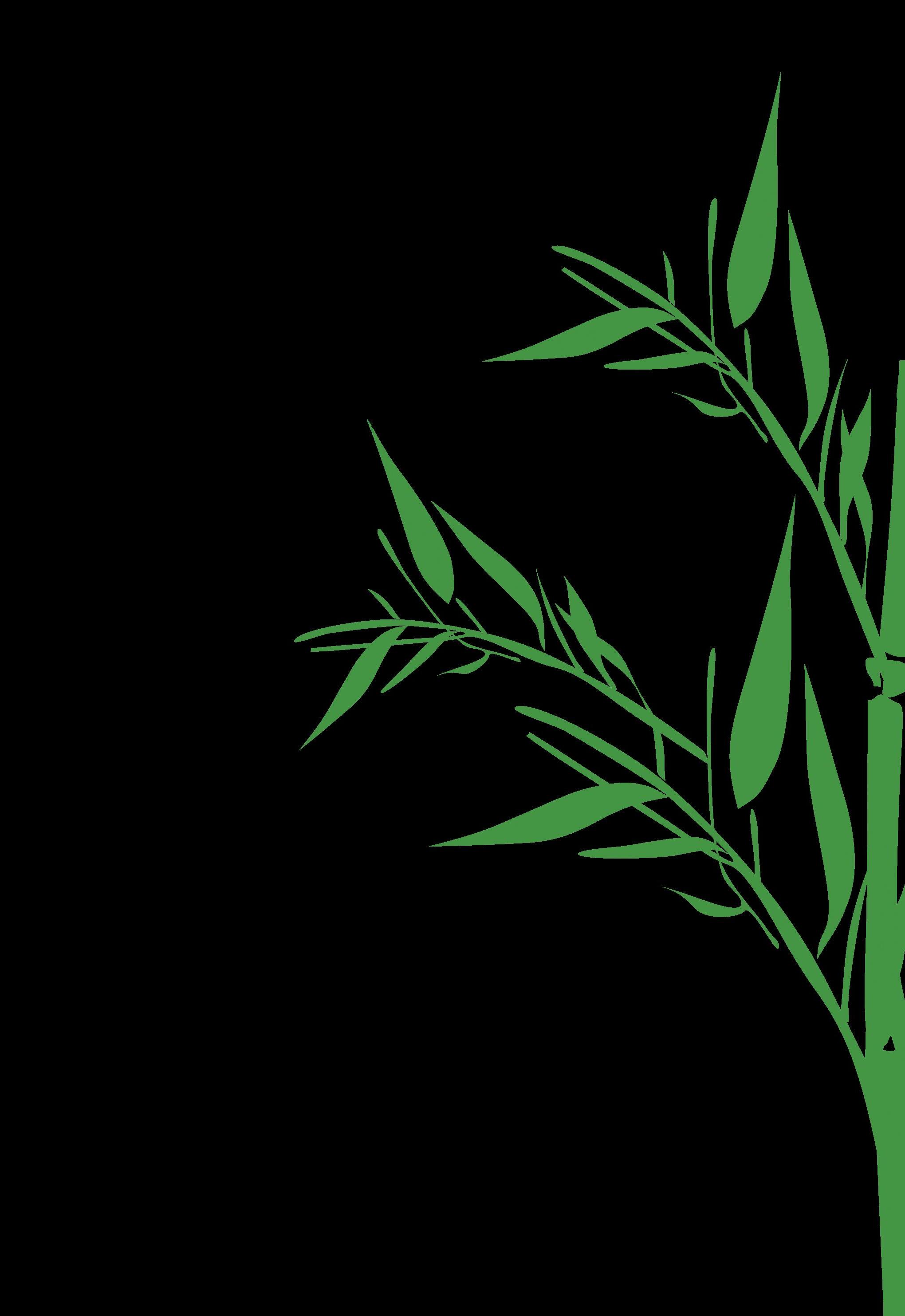


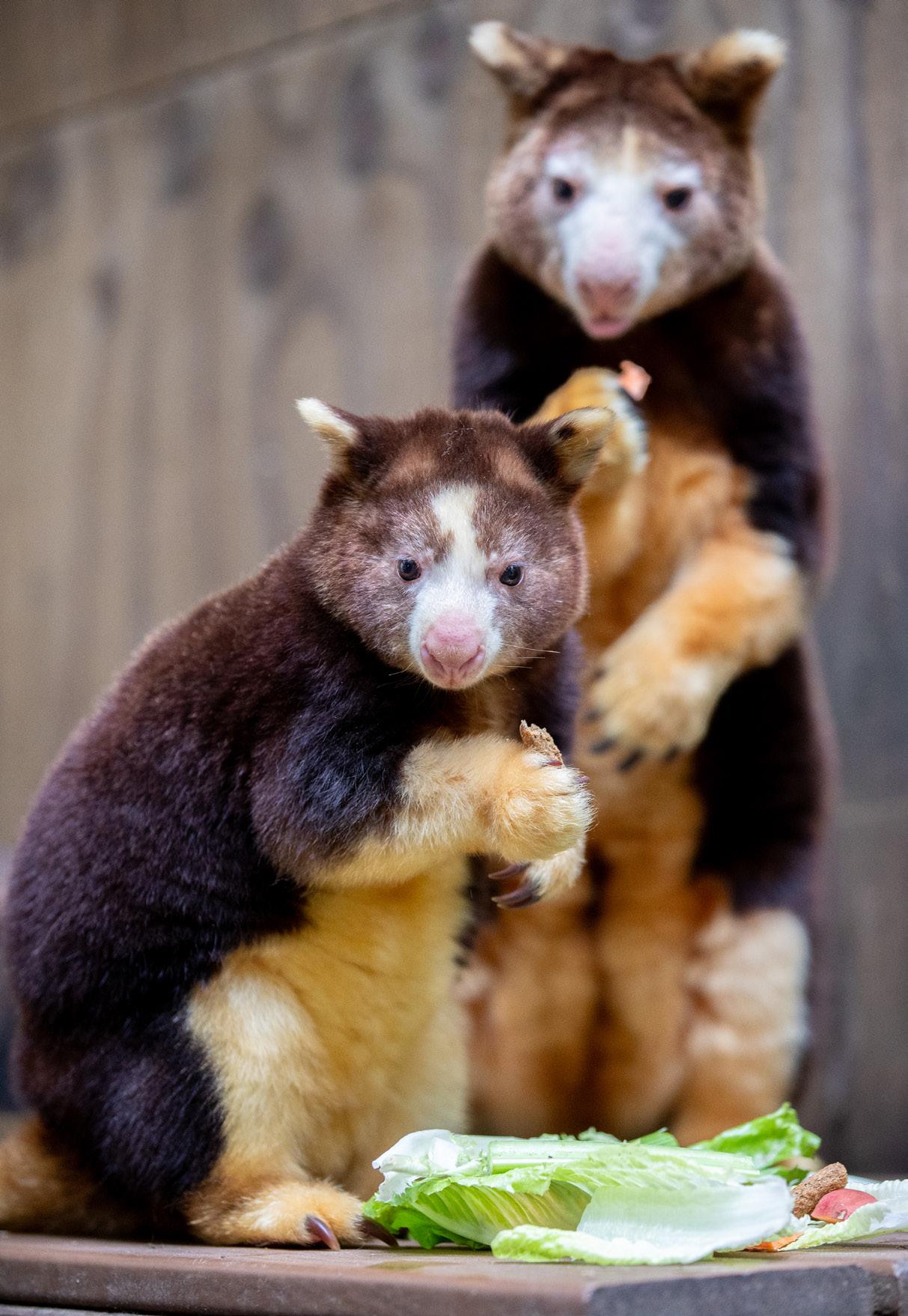

Through the $110 million Forests for All campaign and this signature, titular initiative, Woodland Park Zoo is advancing its transformation into a deeply inclusive and extraordinary local experience—and a world-class hub for participatory conservation. This historic fundraising campaign, begun in 2018 and slated to end in 2024, calls upon our community to help us to reimagine what a zoo can be, the ways in which we build meaningful empathic connections with animals and their habitats, and how together we can save our forests and greenspaces in the Pacific Northwest and around the world. Through 2023, more than 110,000 contributors have propelled our transformation through more than $91 million in gifts and grants for our Forests for All campaign initiatives.
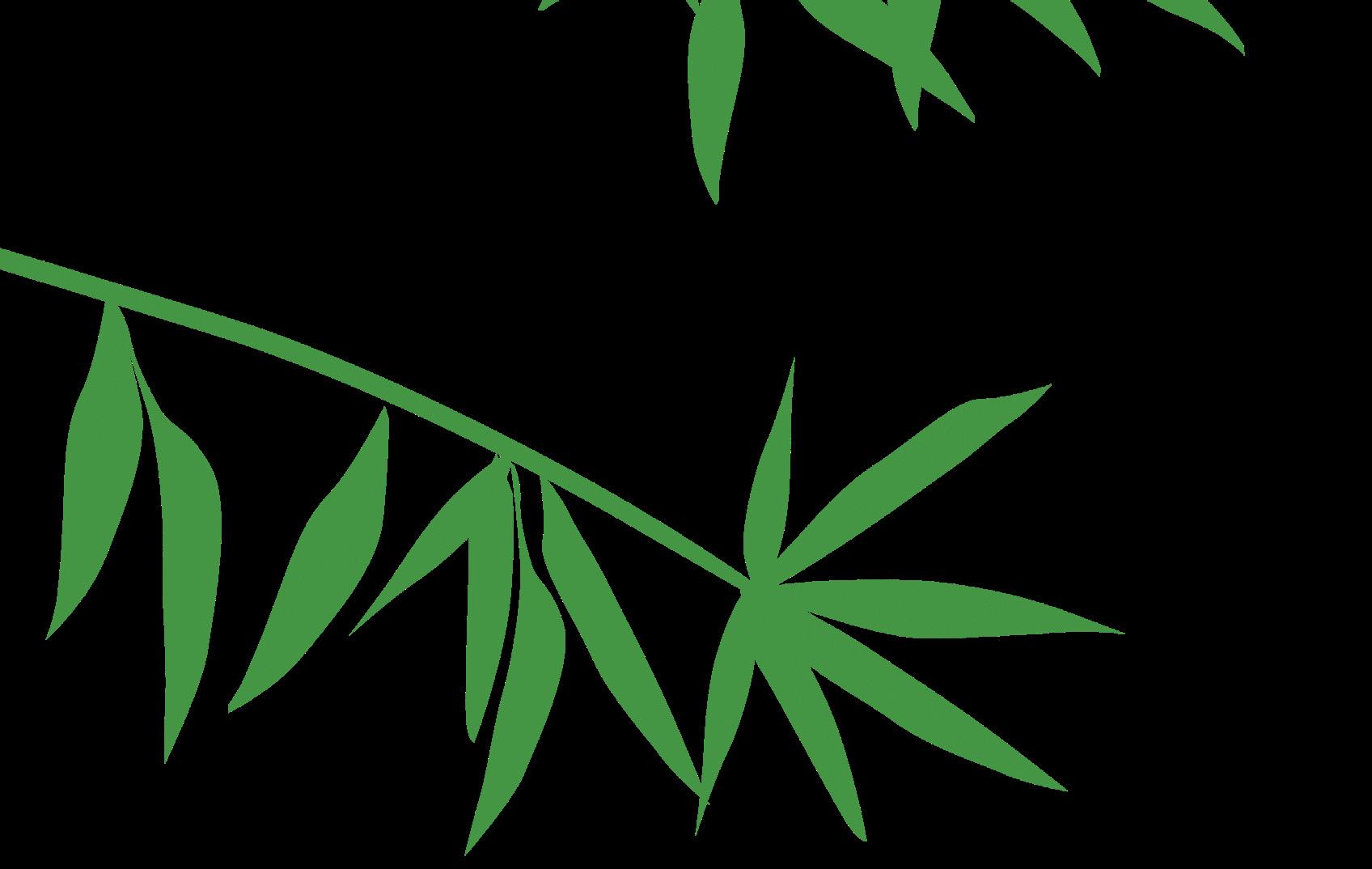
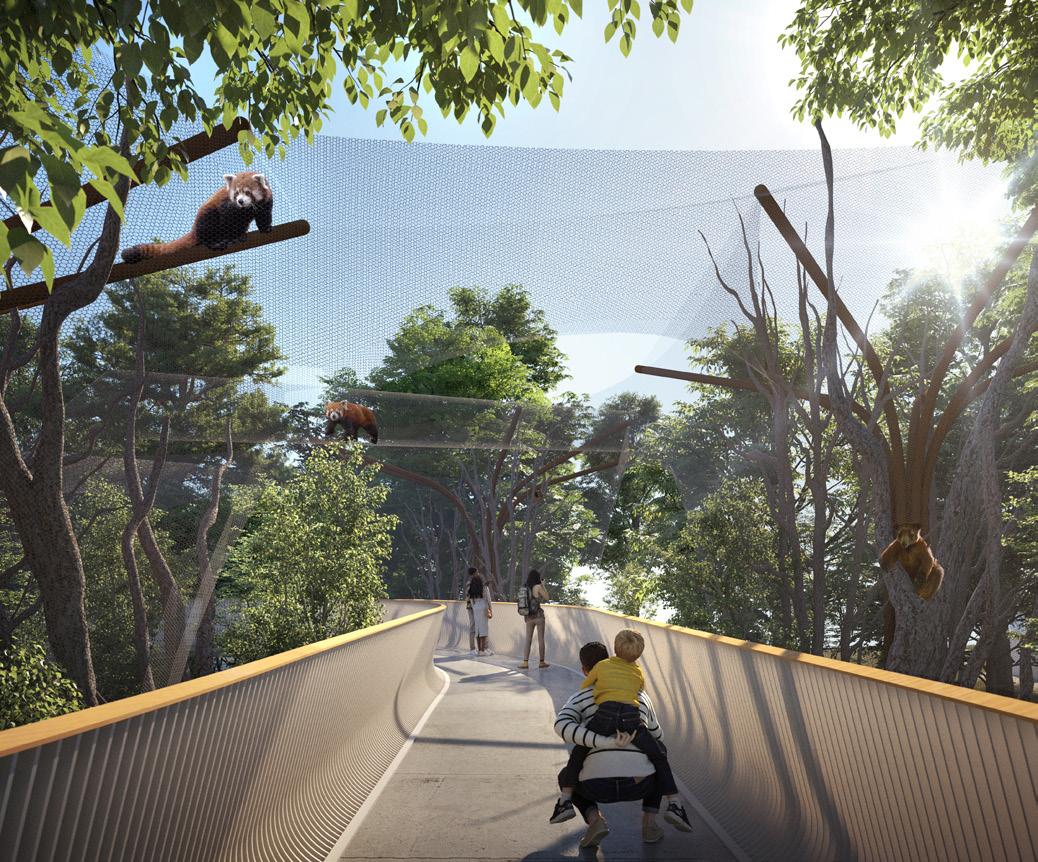

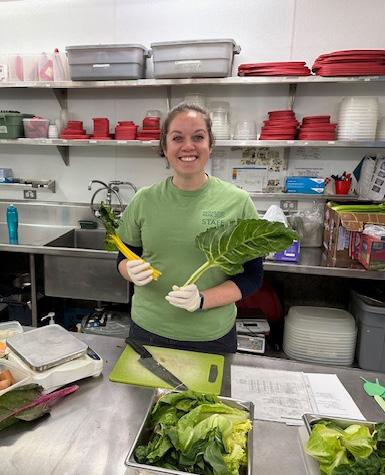
The final, capital anchor of this campaign is the Forest Trailhead exhibit opening in 2026. In May, donors and partners joined us for a day of celebrations as we started the demolition process for this new exhibit which is on the site of the former Day and Night Exhibits. With the help of community-based Hummingbird Community Cooperation and Headwater People, the voices of community members are guiding the development of this new exhibit and related programs and will shine hope on the future of forests and the animals such as the Matschie’s tree kangaroo and red panda, and people who depend on them. As we enter 2024, we invite our entire community to help rebuild the heart of Woodland Park Zoo by contributing any amount to our immersive Forest Trailhead exhibit. Thank you.
In celebration of Thanksgiving, kids at Seattle Children’s explored the diets of tree kangaroos and met Elanna and Finni, two of our forest-dwelling tree kangaroos, on Zoom! This Zoom was part of our ongoing monthly virtual animal experiences with Seattle Children’s patients who are in long-term isolation or are unable to visit the zoo.
Starting at the zoo’s Commissary, the children engaged with our staff while preparing food for the tree kangaroos, and the kids were able to “pack their own food” for the tree kangaroos using craft kits created for them by our caring Commissary team. These craft kits included detailed paper corn, green bananas, rainbow chard and other tasty vegetables that the tree kangaroos love. After the kids’ virtual visit with the Commissary, the children got to see Elanna and Finni up close over Zoom as they enjoyed the food that was prepared for them. The kids even pretended to feed Elanna and Finni some shared favorites, like spinach!


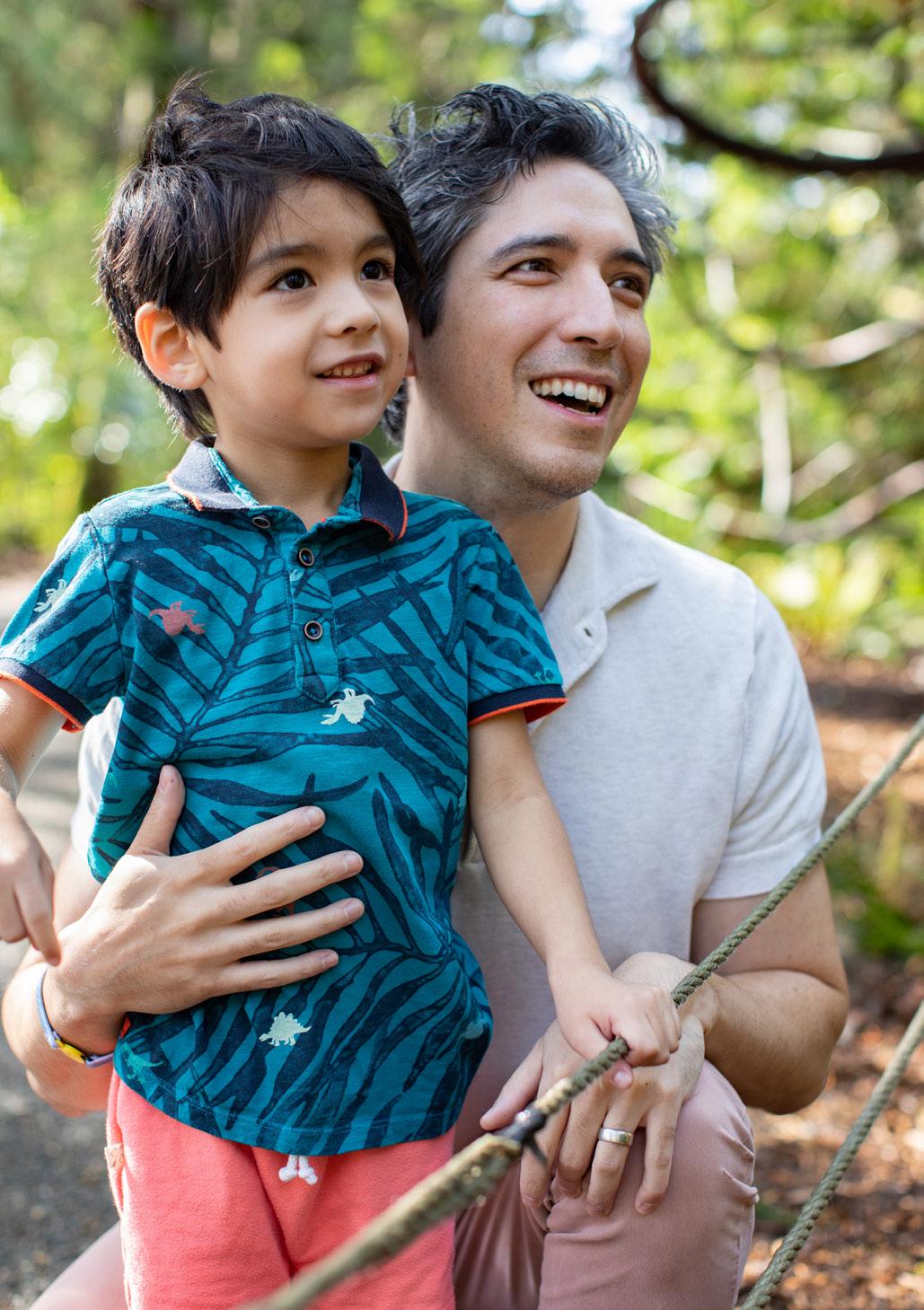
Through Woodland Park Zoo’s Building Organizational Capacity to Foster Empathy for Wildlife Granting Program, supported by a private foundation, we have provided $4.6 million in grant funds to support initiatives in 19 zoos across seven U.S. states to build and expand programs aimed at advancing empathy for wildlife.
One of Woodland Park Zoo’s 2023 grantees, Lake Superior Zoo in Duluth, Minnesota worked to build empathy through a Community of Practice approach. In this program, 15 early childhood educators spent seven months deepening their understanding of empathy through engagement with Indigenous perspectives. They used a Community of Practice and Two Worlds Approach, which acknowledges the differences between Indigenous and Western knowledge systems and avoids knowledge domination and used their new understanding to foster empathy for wildlife. The program helped the children recognize that people are not separate from nature, we are nature, and that each being—whether a child, worm, or leaf—has purpose and value.

Across the globe in Papua New Guinea, Woodland Park Zoo’s 27-year Tree Kangaroo Conservation Program (TKCP) field research resumed after a three-year hiatus due to COVID travel limitations. Six tree kangaroos were fitted with GPS and altimeter-equipped tracking collars and remote cameras were deployed. The data from these devices will provide groundbreaking new knowledge and insight into the behavior and habitat use of tree kangaroos and will help the program support conservation initiatives and guide effective landscape-level protections in the YUS Conservation area and the Huon Peninsula. The YUS Conservation Area is a model community-based protected area in Papua New Guinea.
In addition to supporting tree kangaroos, TKCP also ensures sustainable and thriving communities. This year, with a grant from the Honnold Foundation, 350 homes in the YUS Conservation Area were equipped with off-grid solar home lighting systems. Due to the success of this first phase, the Honnold Foundation is helping TKCP equip an additional 2,500 more homes in YUS! This solar lighting system reduces local need for firewood for light, thereby protecting local forests and providing health benefits by delivering clean energy for the community.
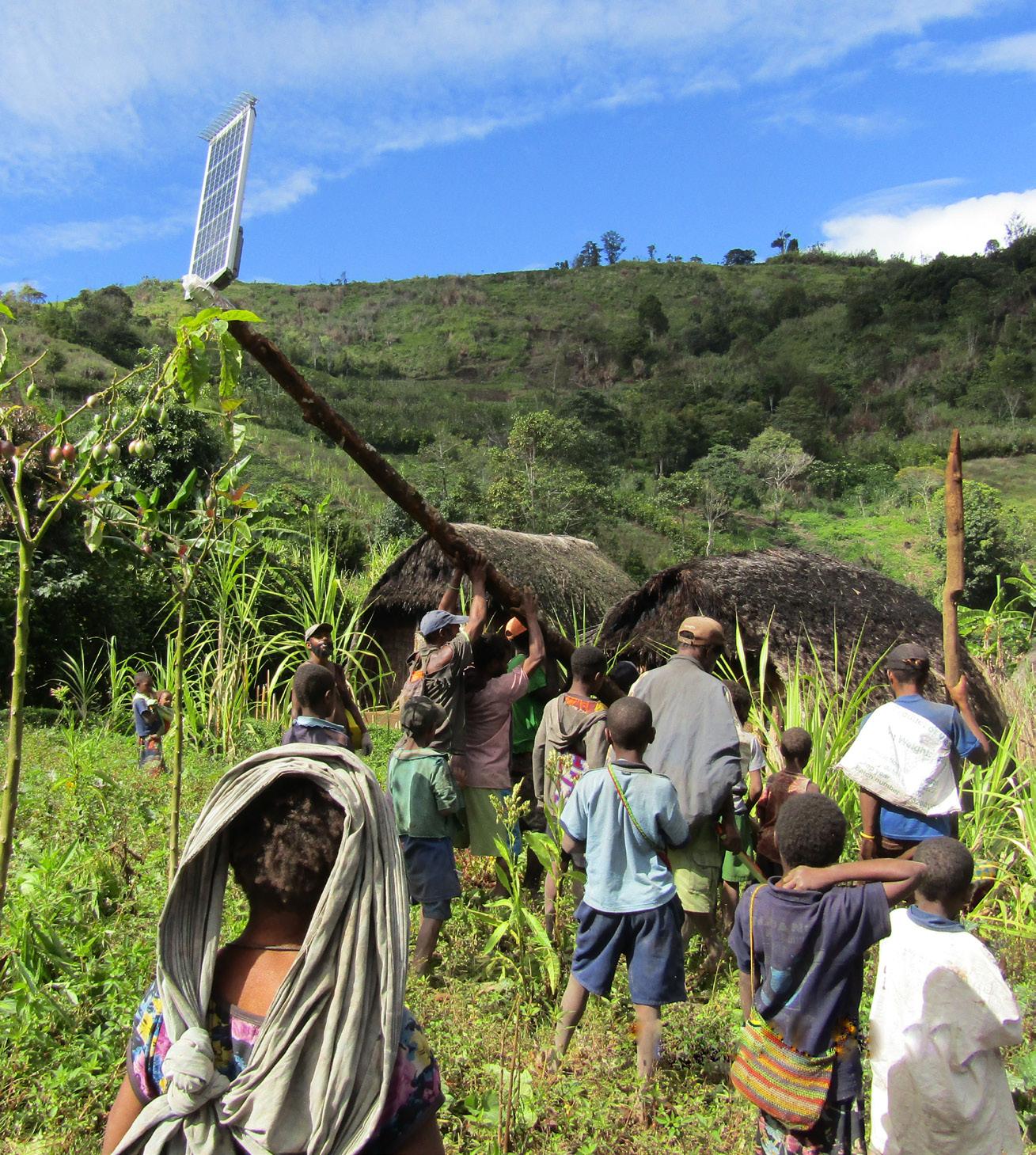

A child who visited the zoo through Make-A-Wish, Olivia, wished to be a zoologist so she came to Woodland Park Zoo for a packed day of inspiring animal care experiences! Click on the video to learn more about Olivia and her visit to the zoo.

Every person has the power to create meaningful change. Explore the connections we have made to activate a conservation revolution.
97 COMMUNITY MEMBERS observed more than 640 AMPHIBIANS in local conservation wetland areas to gain a better understanding of our world
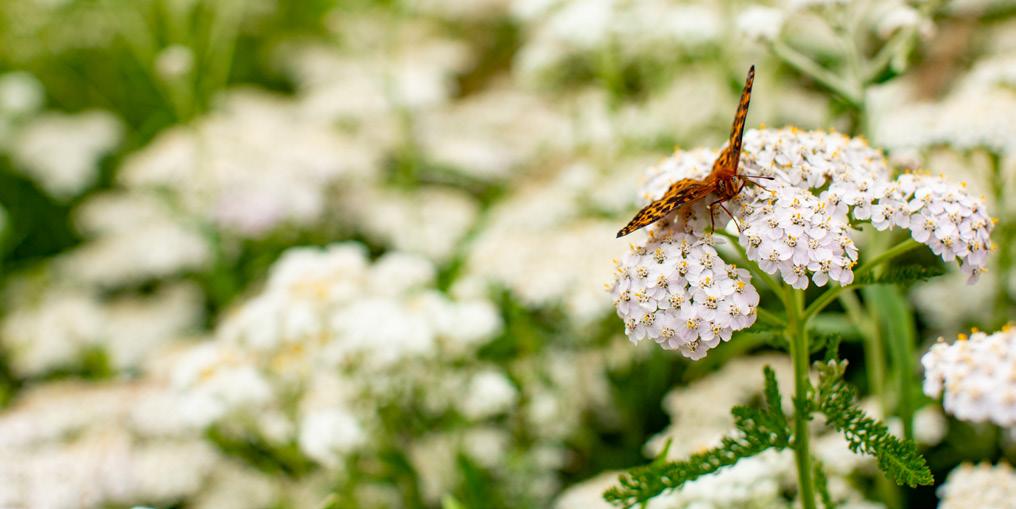
2,100+ OREGON SILVERSPOT BUTTERFLIES released into the wild
654 COMMUNITY MEMBERS participated in the CITY NATURE CHALLENGE documenting more than 7,705 observations advancing science and discovering local nature and wildlife for themselves
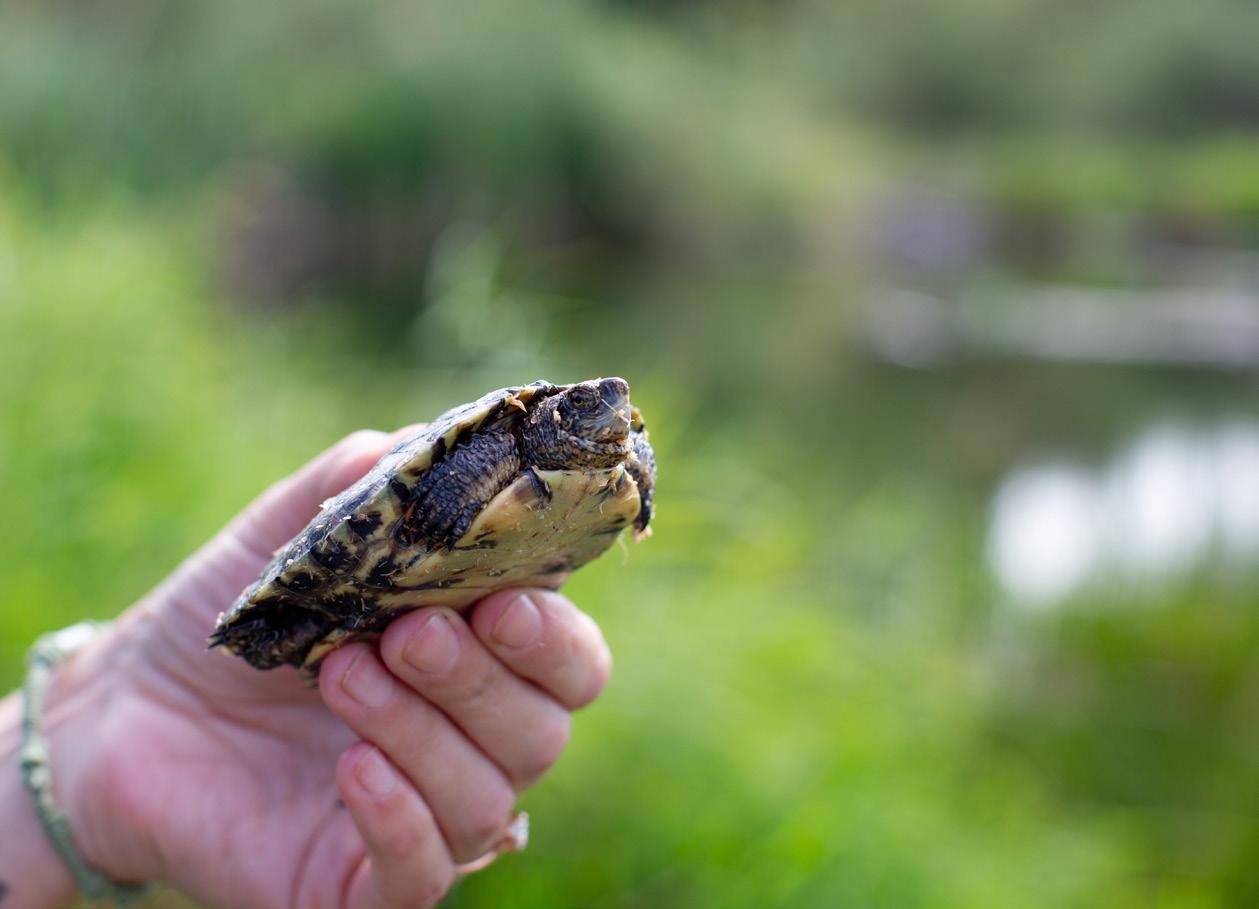
37 WESTERN POND TURTLES were released into the wild. Over 2,300 turtles have been given a head start at the zoo, re-establishing self-sustaining populations in our state
4 EPISODES in the final season of KIRO 7’s regional Emmy-winning Wild Life: A Look Inside Woodland Park Zoo
VOLUNTEER SUPPORT
42,000 + volunteer hours amounting to MORE THAN $1.5 MILLION in value, supporting our mission
325 corporate volunteers from 15 unique corporations made conservation a priority in their lives by contributing to teams across the zoo
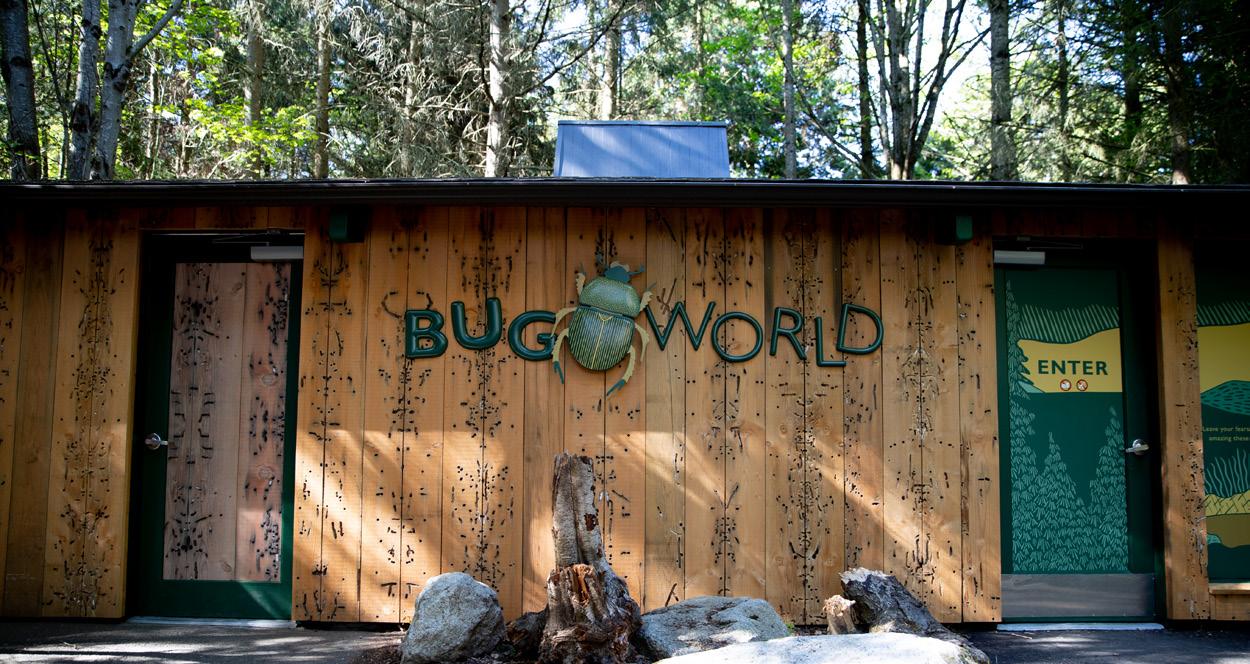
MORE THAN 4,000 invertebrates digging their stylish new homes with the opening of a revamped Bug World
2,300 guests sampled the best from more than 50 local breweries at Brew at the Zoo presented by Alaska Airlines raising more than $101,892
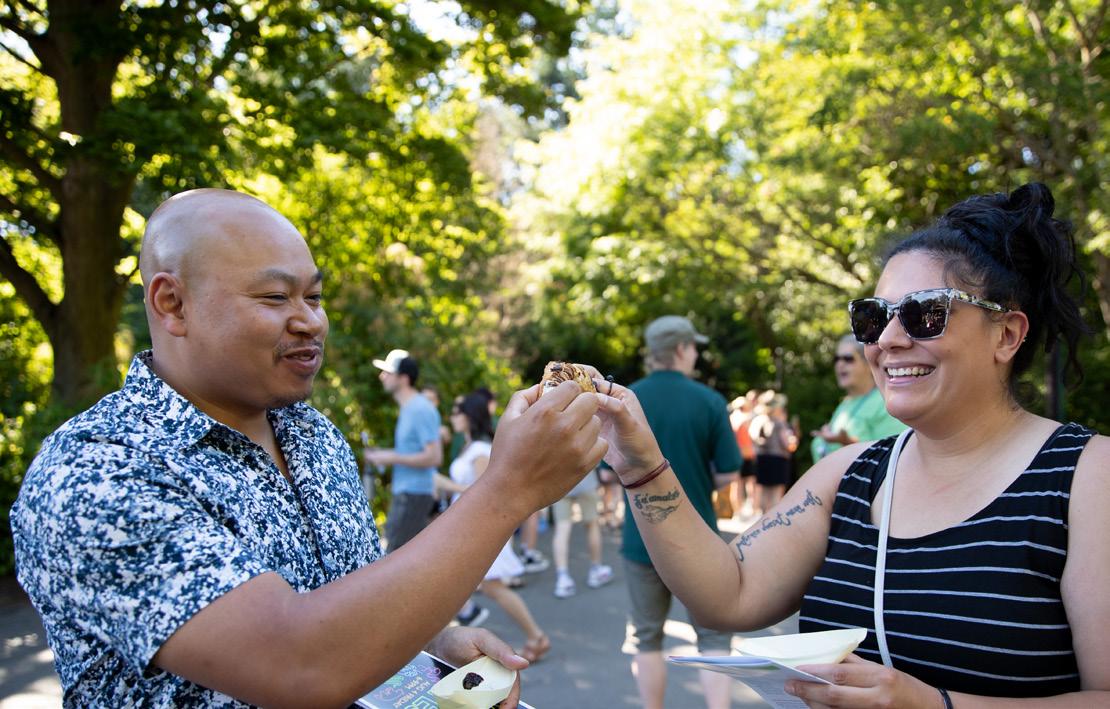
14 premier Seattle chefs created gourmet bites for more than 3,300 guests at WildBites raising more than $271,000
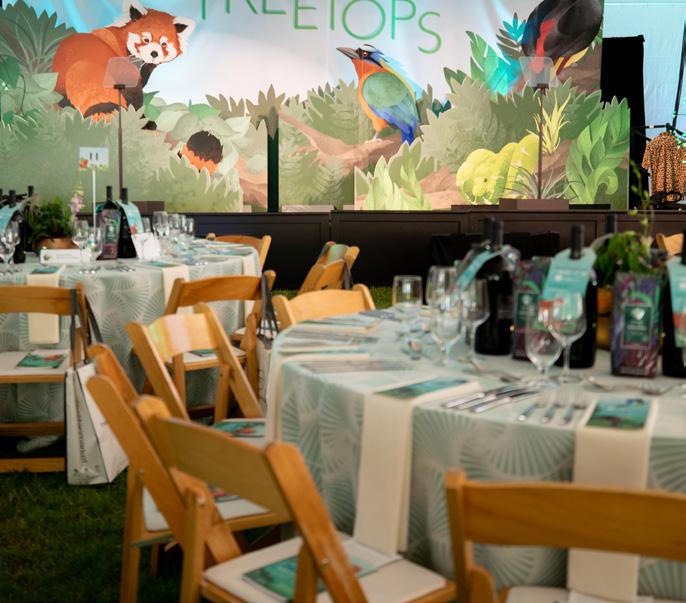
500 guests raised more than $2.1 MILLION for Woodland Park Zoo at this year’s Jungle Party
250 SPECIES
106 BIRTHS
268 ANIMAL ARRIVALS
172,106 guests to WildLanterns presented by BECU generating more than $2.3 MILLION for the zoo
WELCOMING YOUNG (AND YOUNG AT HEART) CONSERVATIONISTS
52,515 FREE OR DISCOUNTED School Group Admissions
2,227 Summer camp participants and 145 SCHOLARSHIPS
377 SENIOR ZOO WALKERS
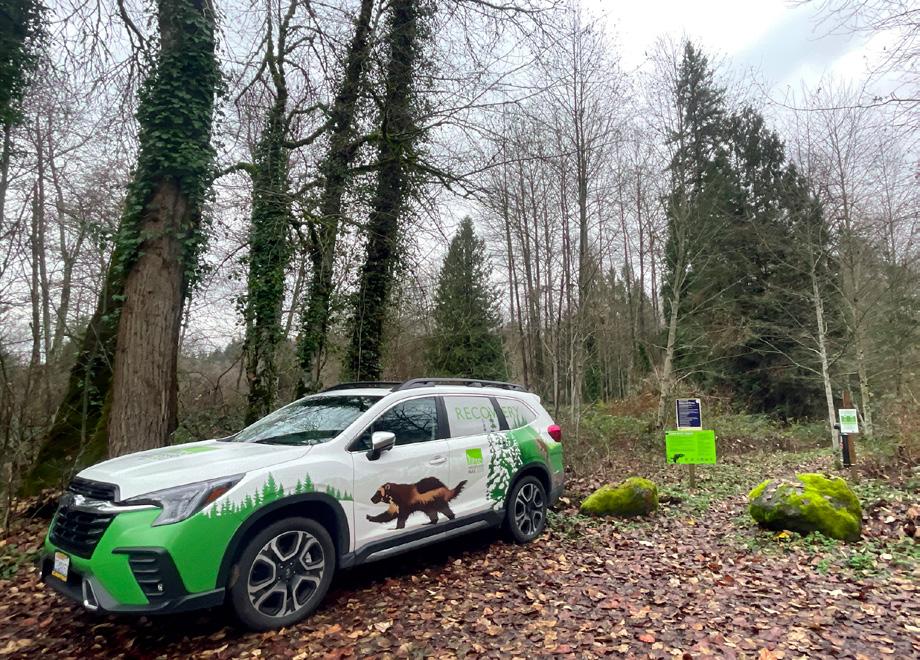
Thanks to Carter Subaru, we have TWO NEW SUBARU OUTBACKS with full wraps featuring zoo animals and our carnivore conservation initiatives enabling us to continue our mission out in our community
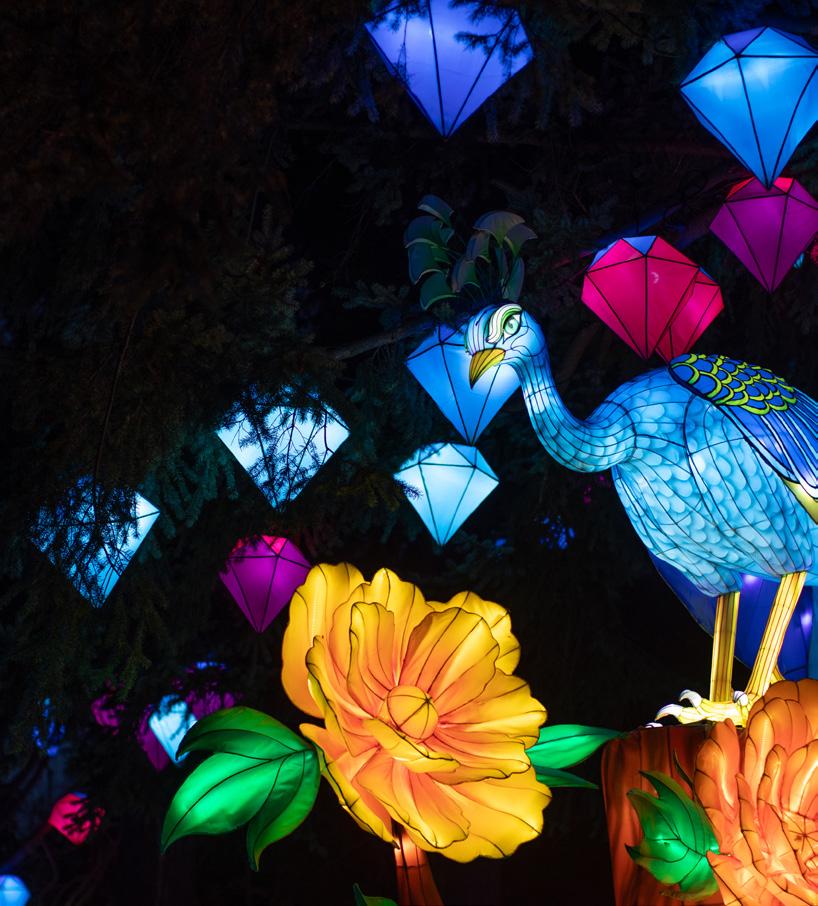
FREE AND DISCOUNTED TICKETS HELPING CREATE AN ACCESSIBLE ZOO
106,019 FREE Community Access Program tickets
5,301 FREE King County Public Library Passes
3,542 Explorer Pass discount memberships
29,372 $5 Discover tickets
17,049 Kid at Heart family discounts
The long-term viability of Woodland Park Zoo and our impacts on wildlife, habitats, and people are rooted in financial support and stability. Please see below for a 2023 financial report.
3 WILDLANTERNS SENSORY FRIENDLY EVENINGS welcoming more than 2,800 GUESTS

Nearly 50,000 music lovers joined us for the 39th season of BECU ZooTunes presented by Carter Subaru raising more than $740,000 in net revenue
CONSOLIDATED REVENUES: $69.3 Million
$4.95 (7%)
Revenues
$27.5 (40%)
$15.2 (22%)
$1.72 (2%)
and Grants,
In-kind $14.8 (21%)
CONSOLIDATED EXPENSES: $61.3 Million
$10.6 (17%) Horticulture, Maintenance, Exhibits, Facilities and Security $14.8 (24%) Guest Services, Admissions and Business Development
$6.3 (10%)
and Support
and
(12%)
(9%)
$7.5 (12%)
$7.9 (13%)
Gains $5.2 (8%) Animal Care
(3%)
